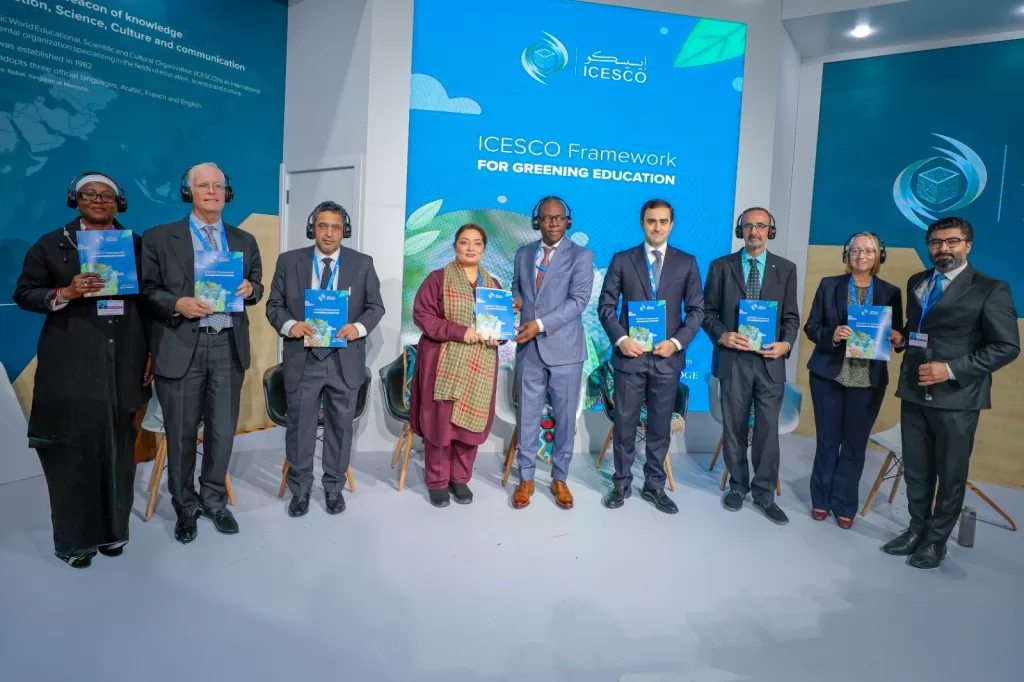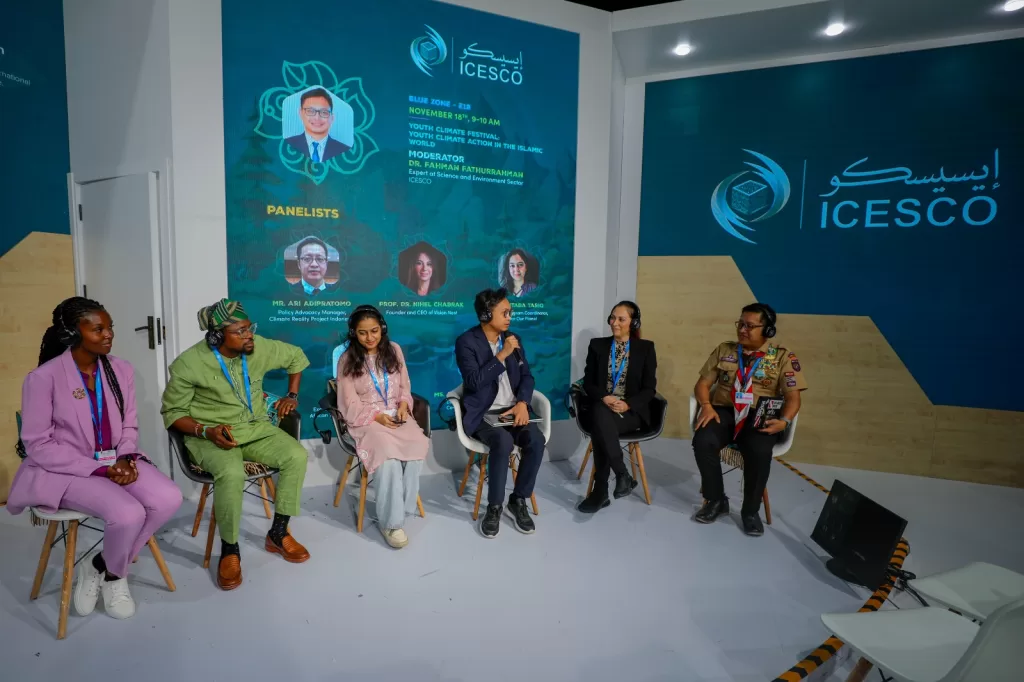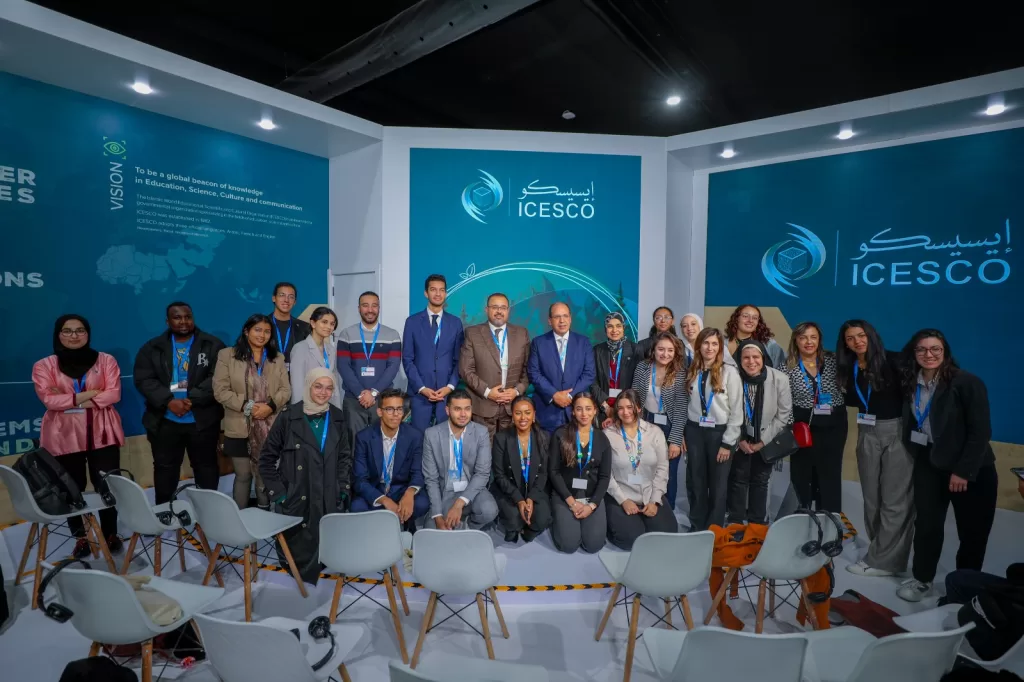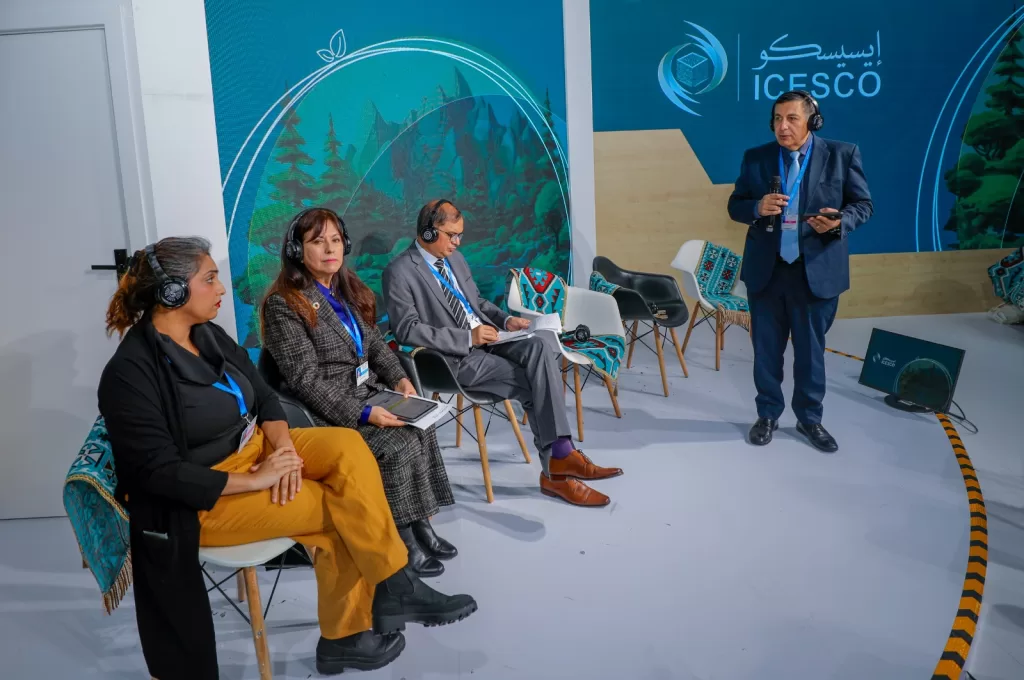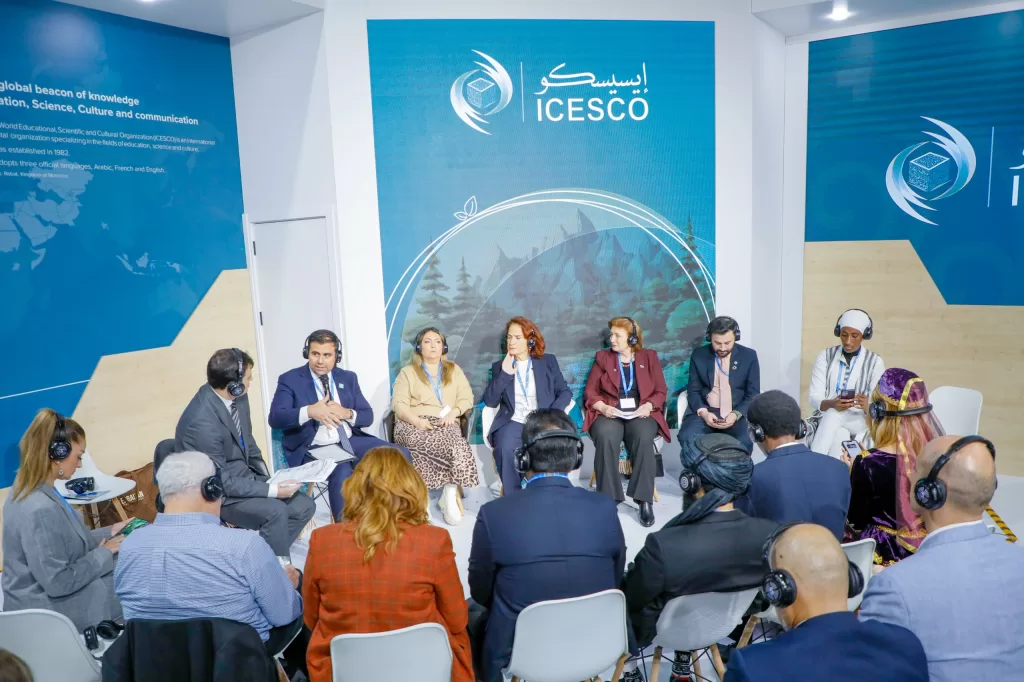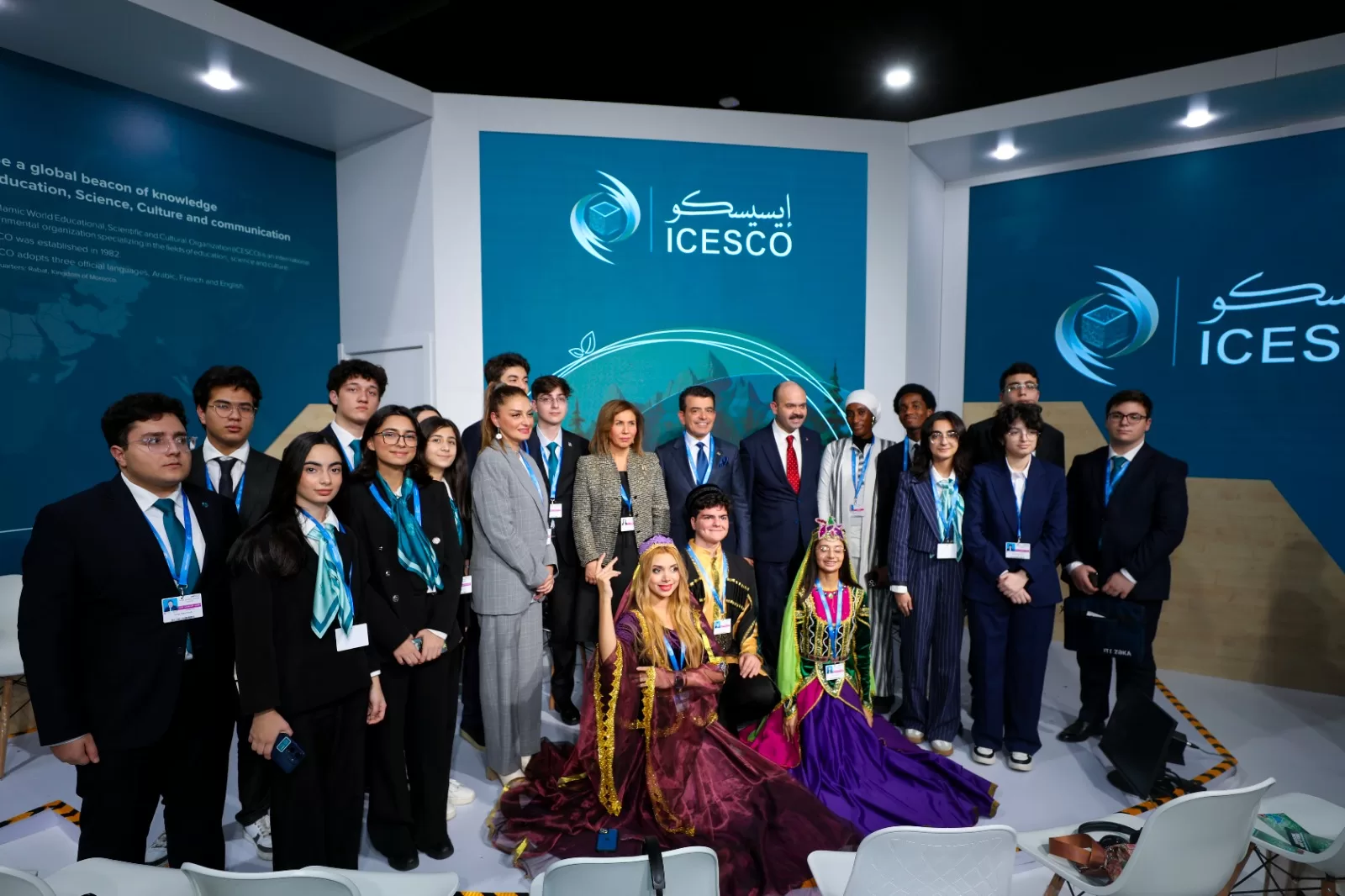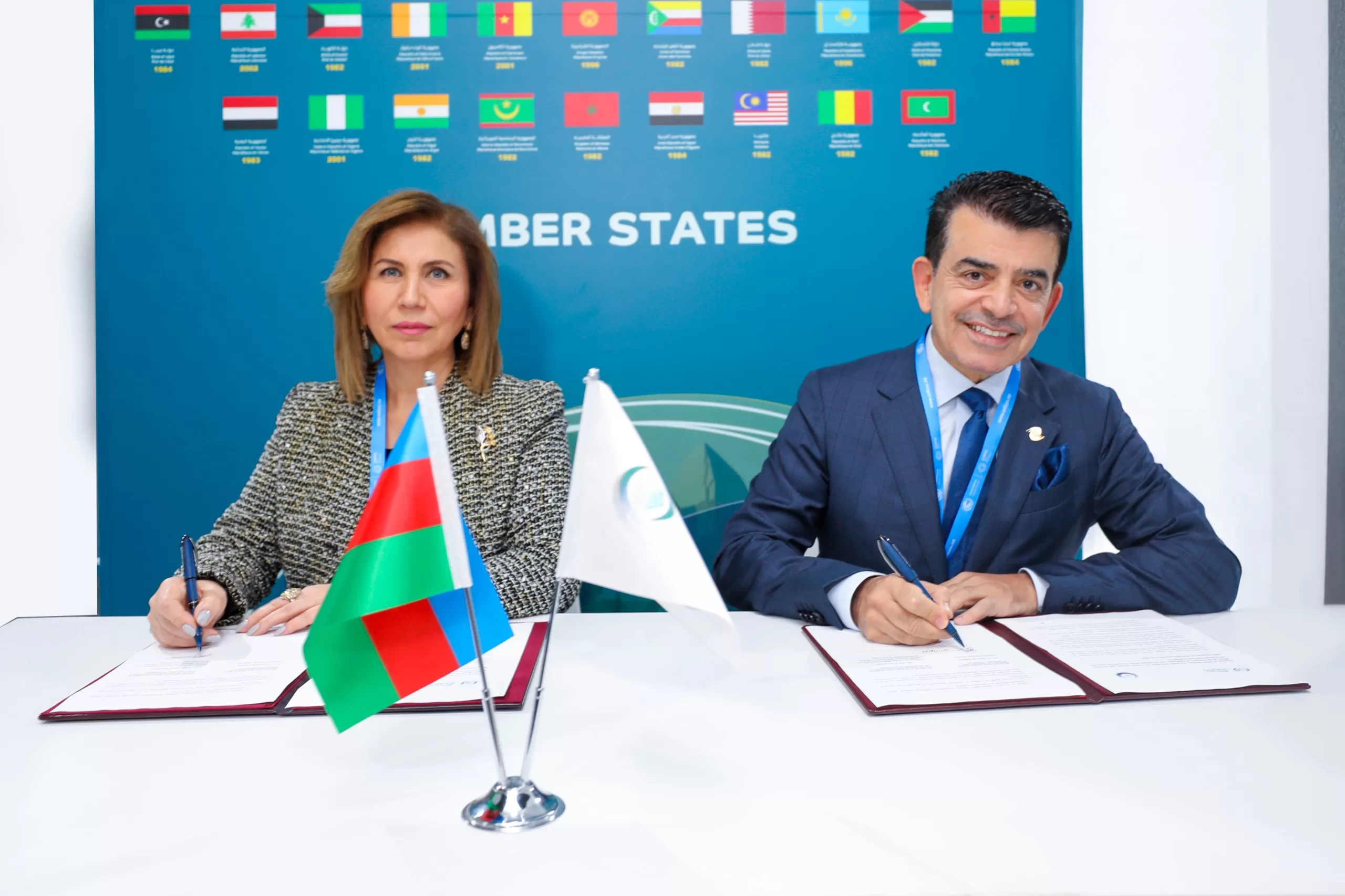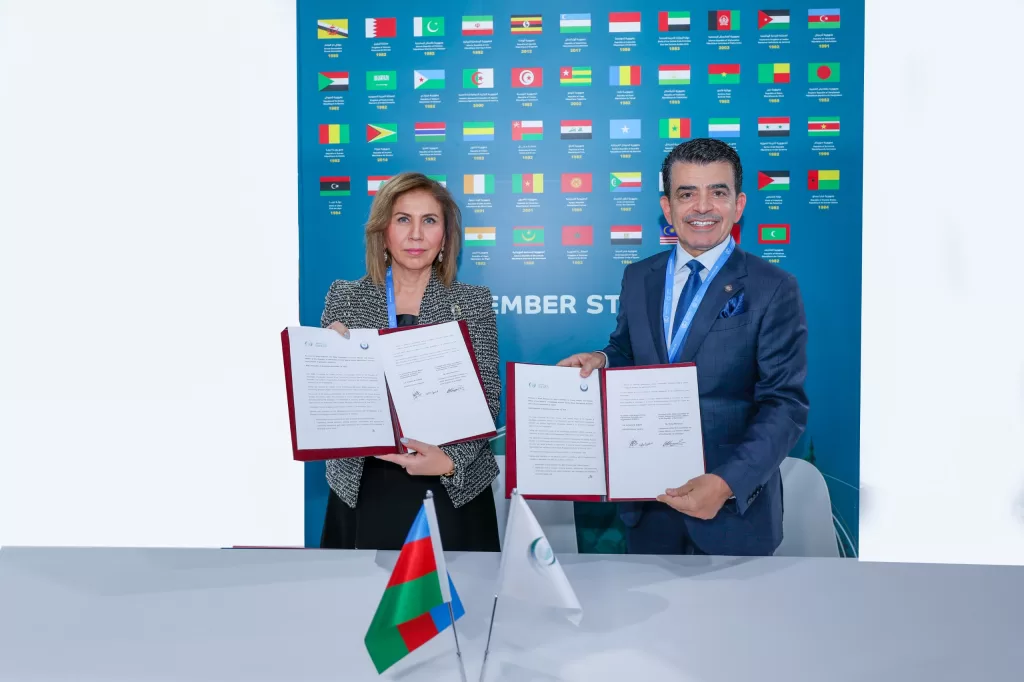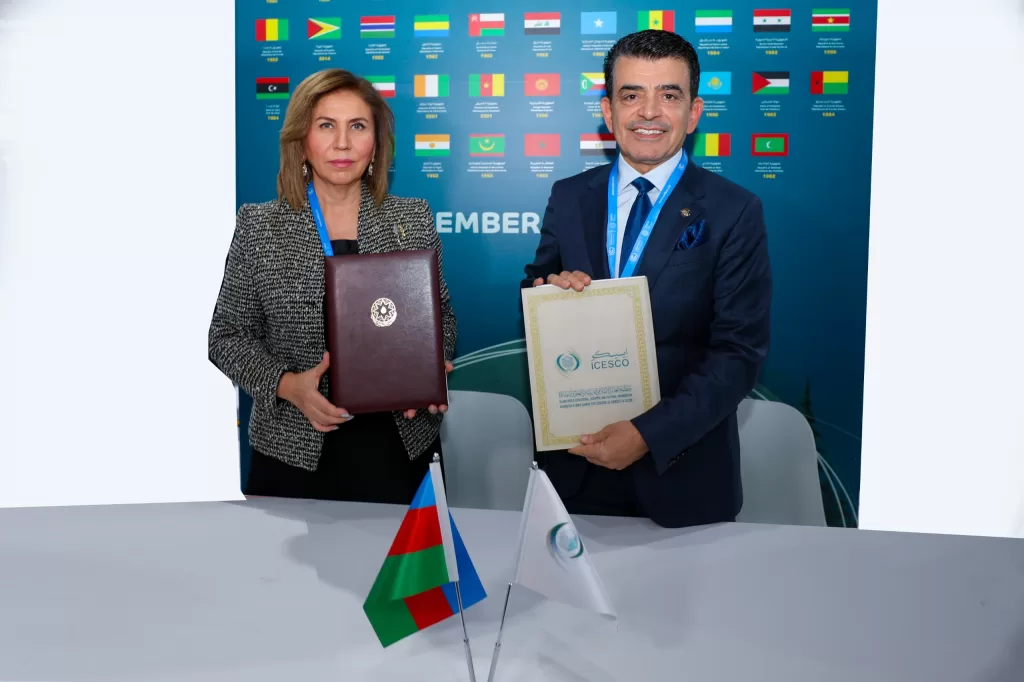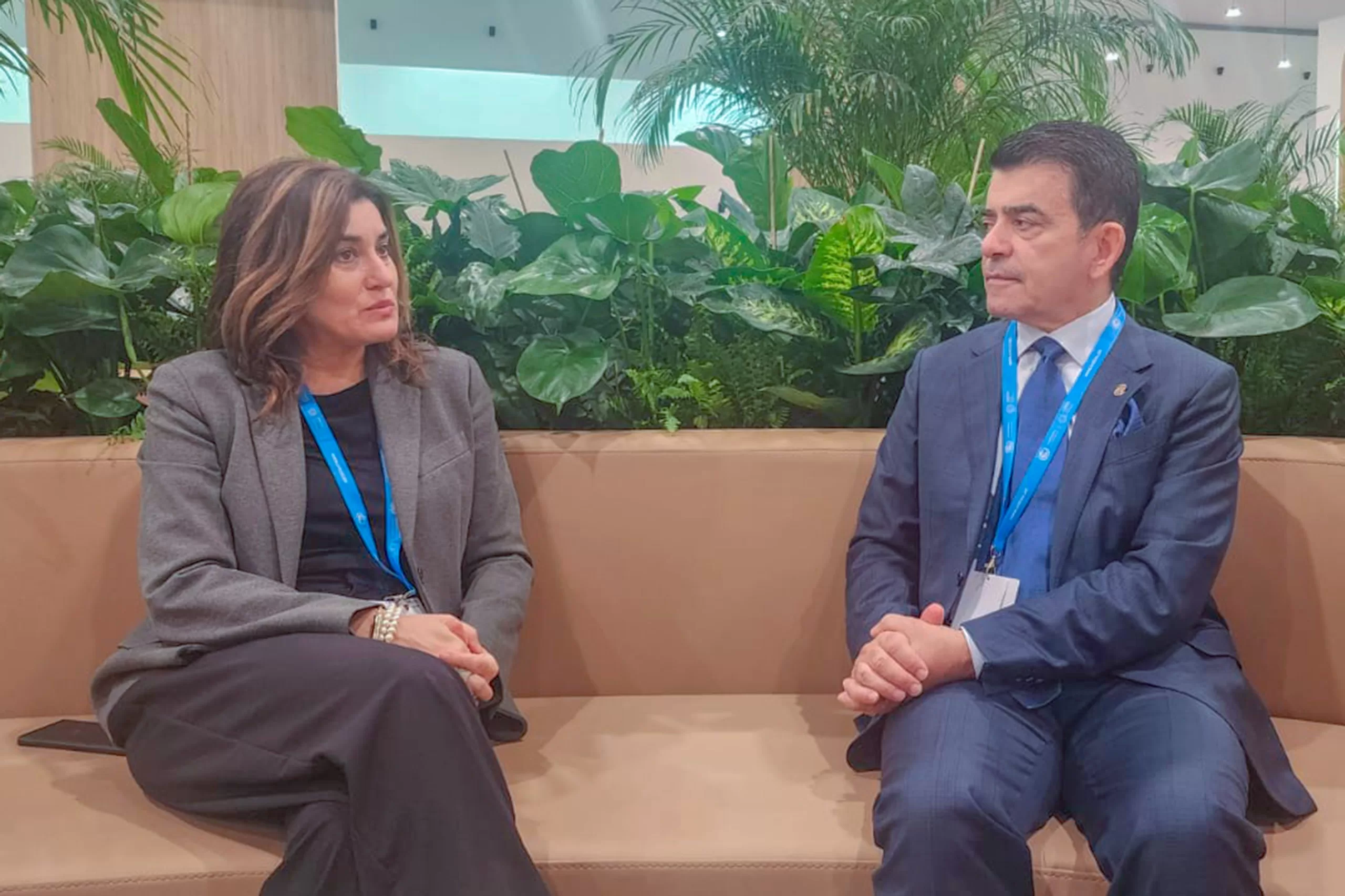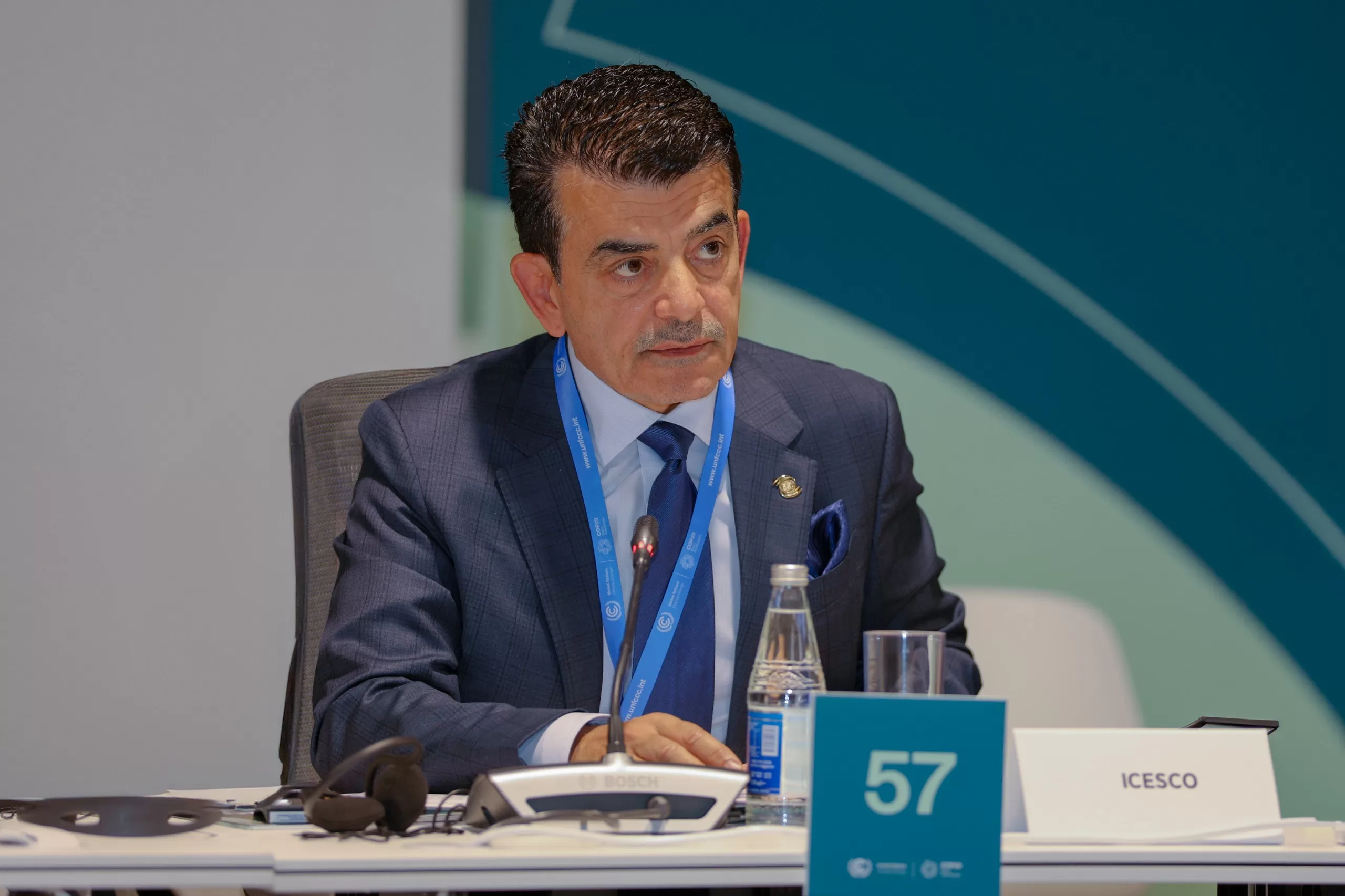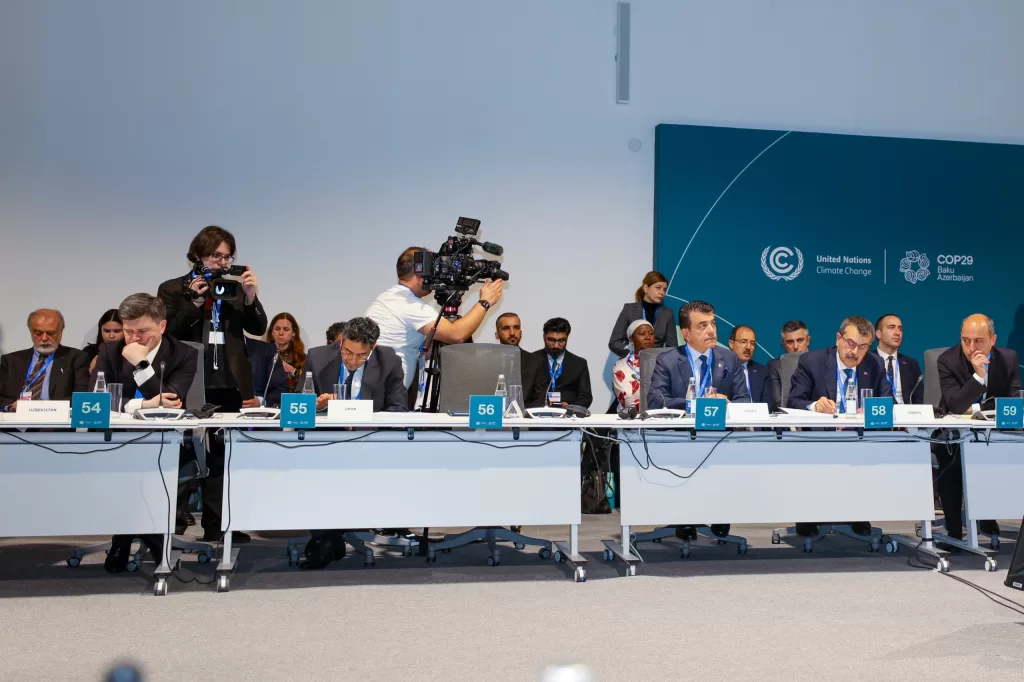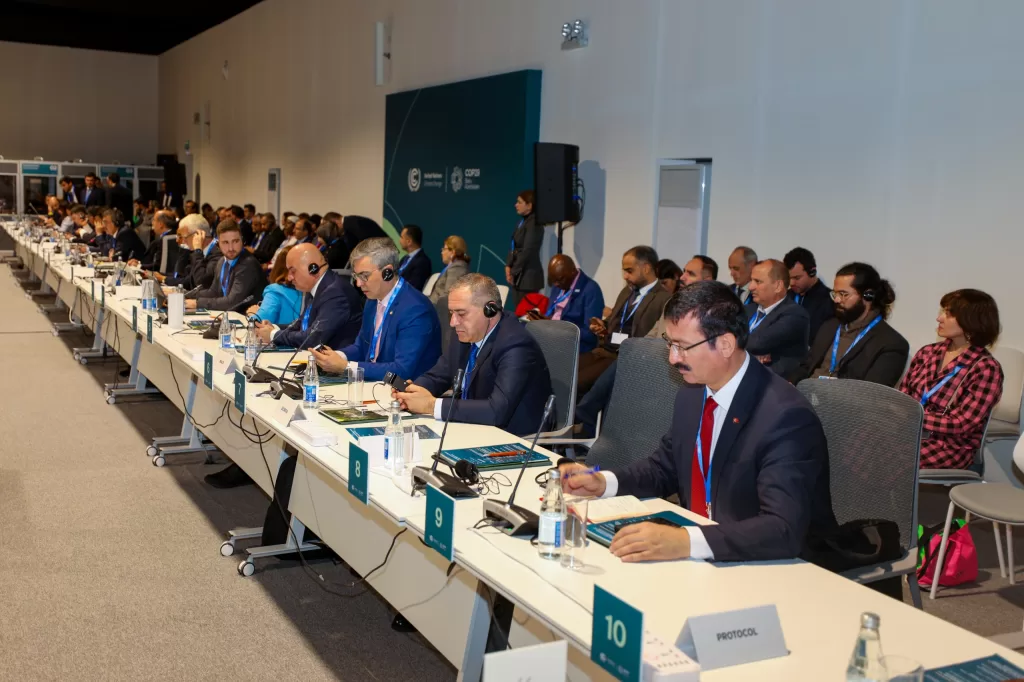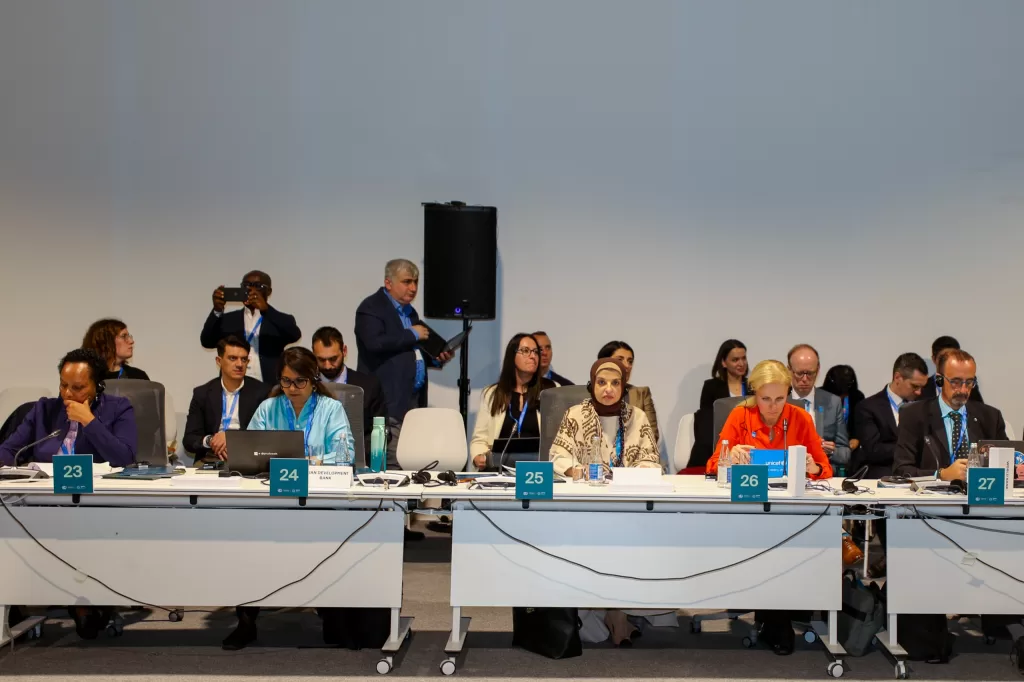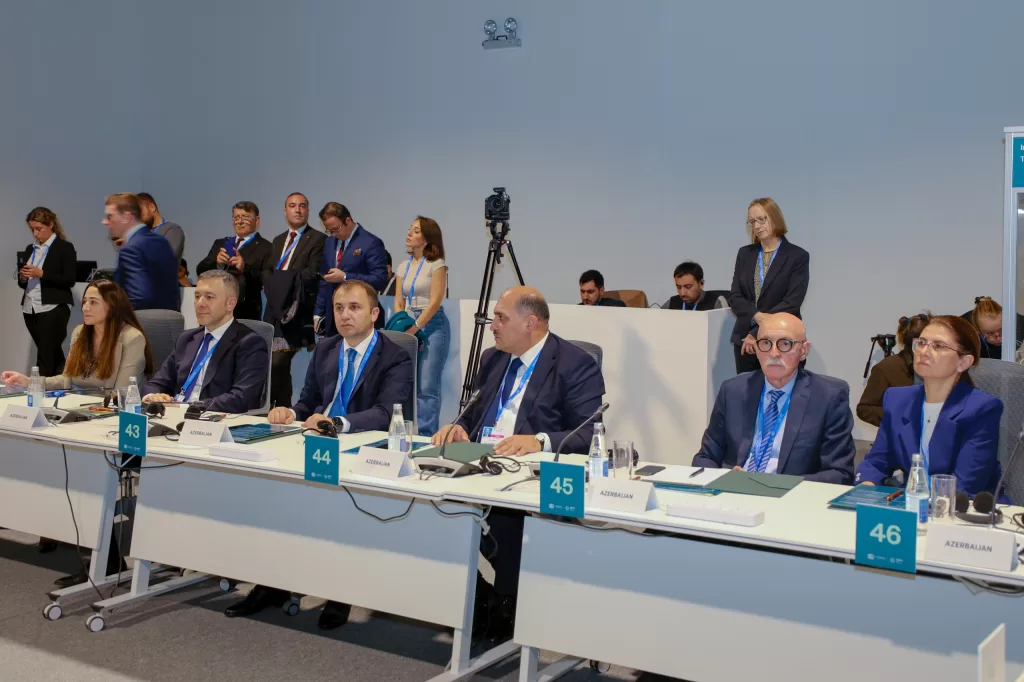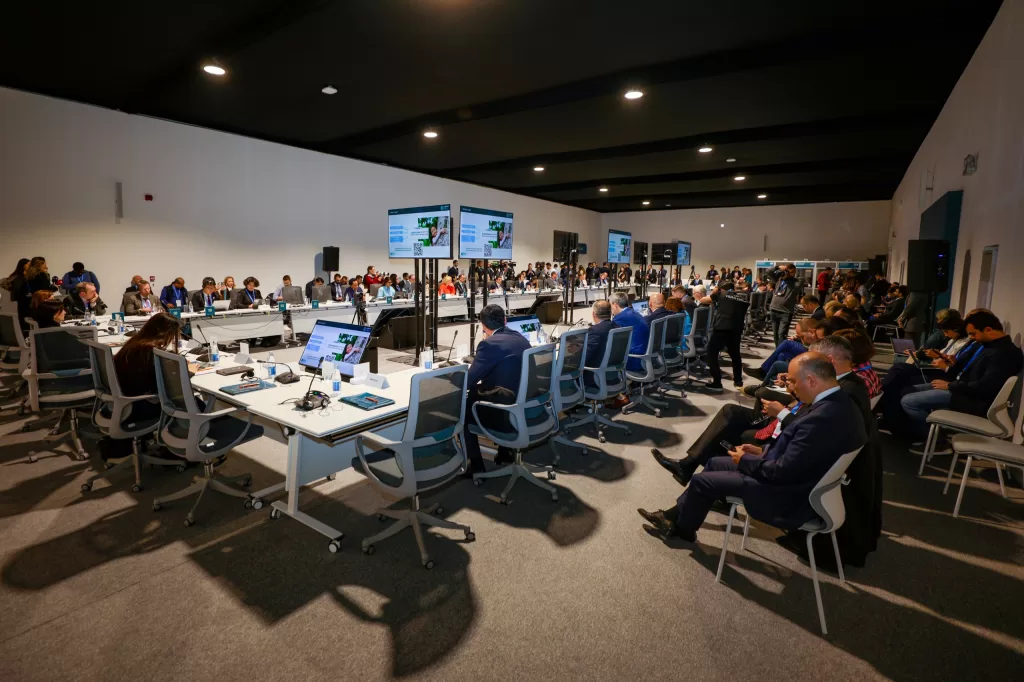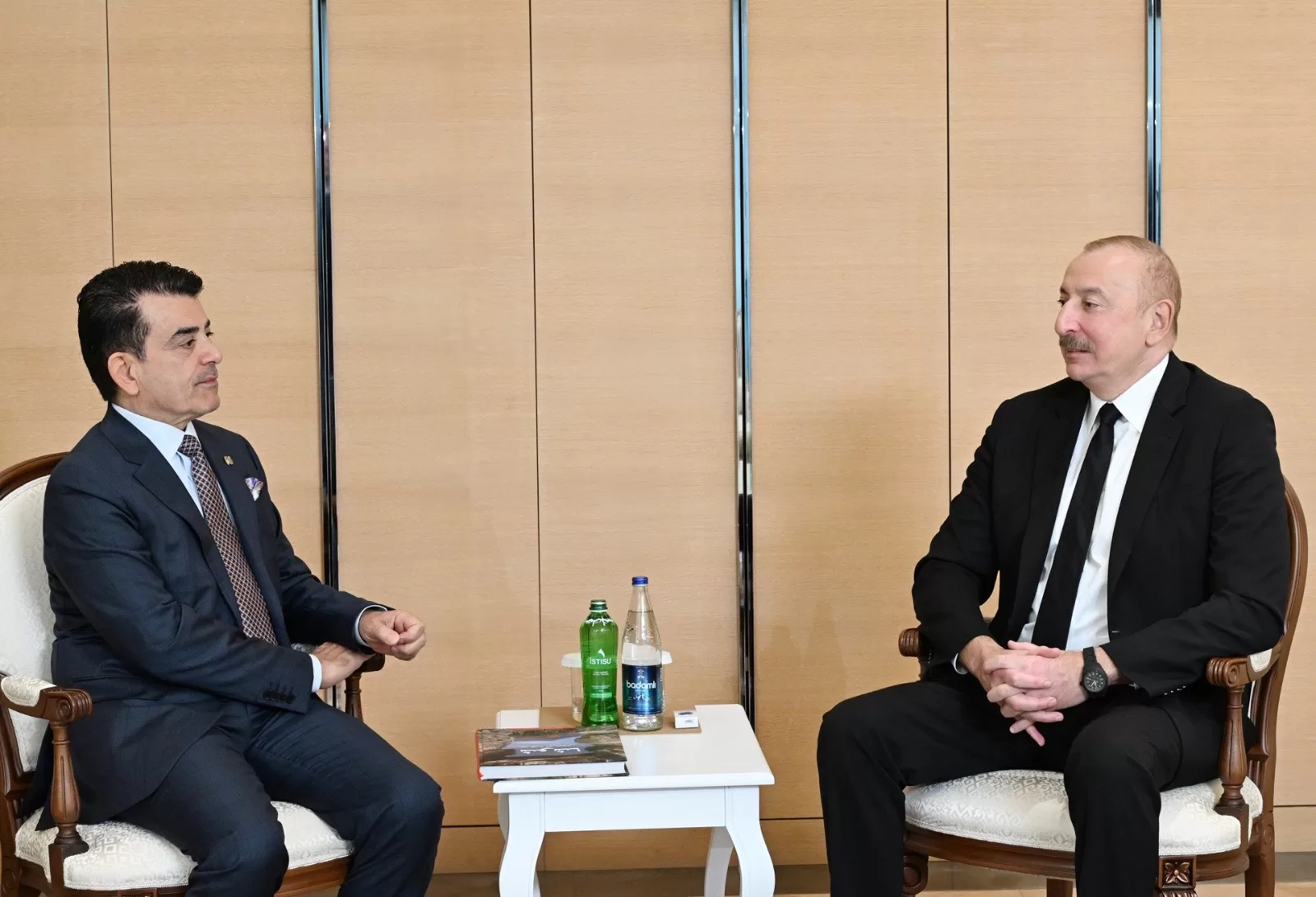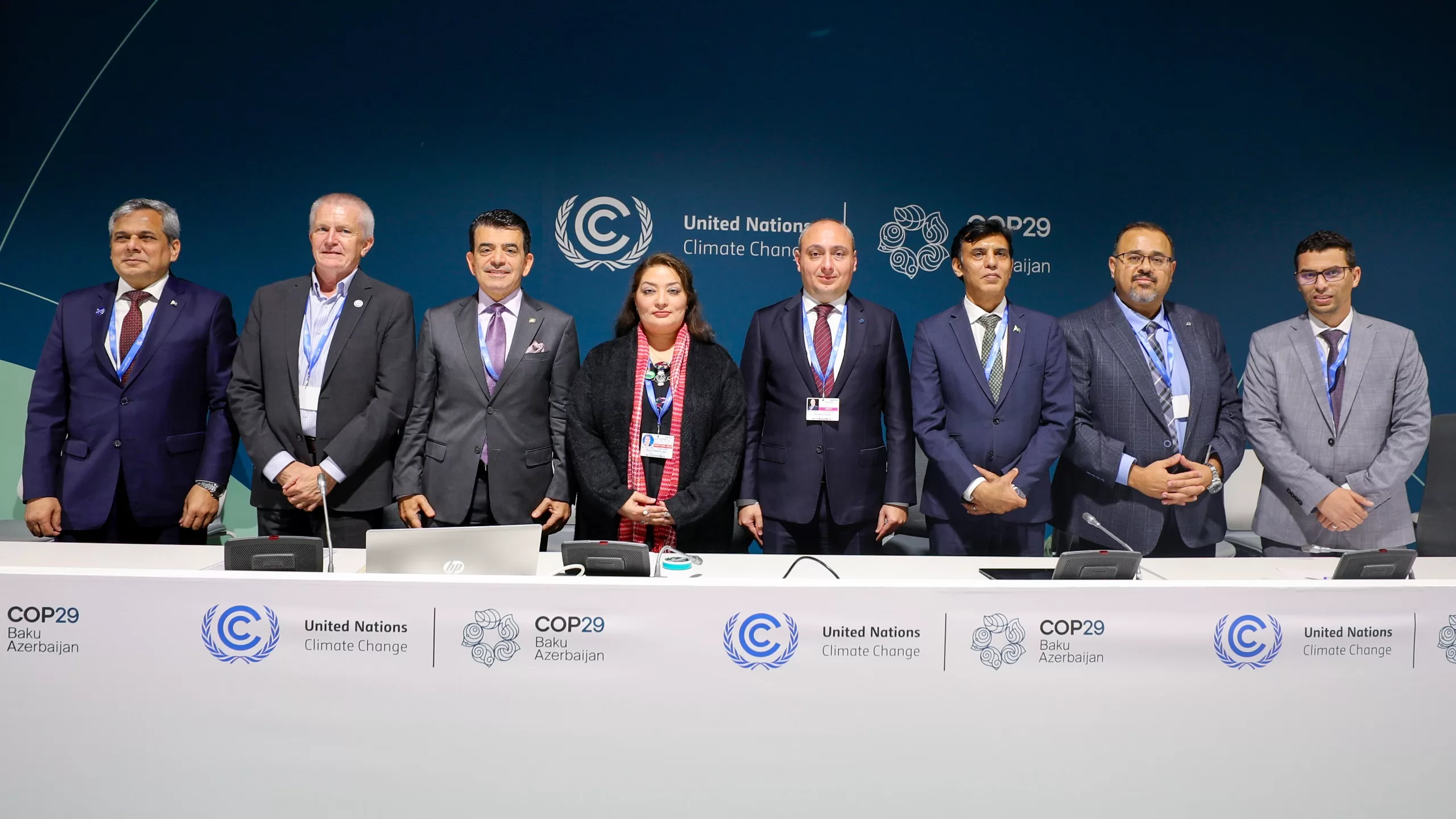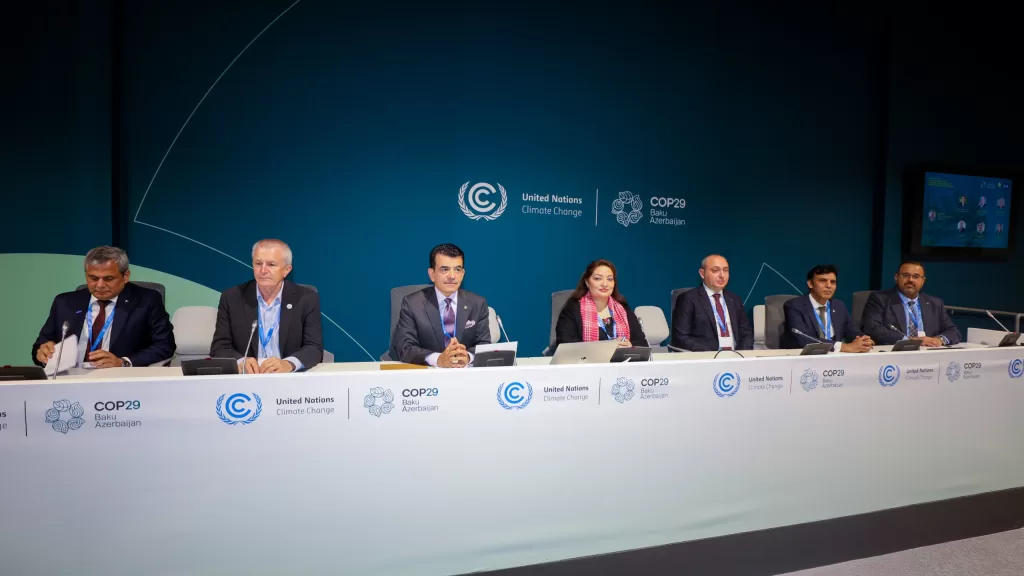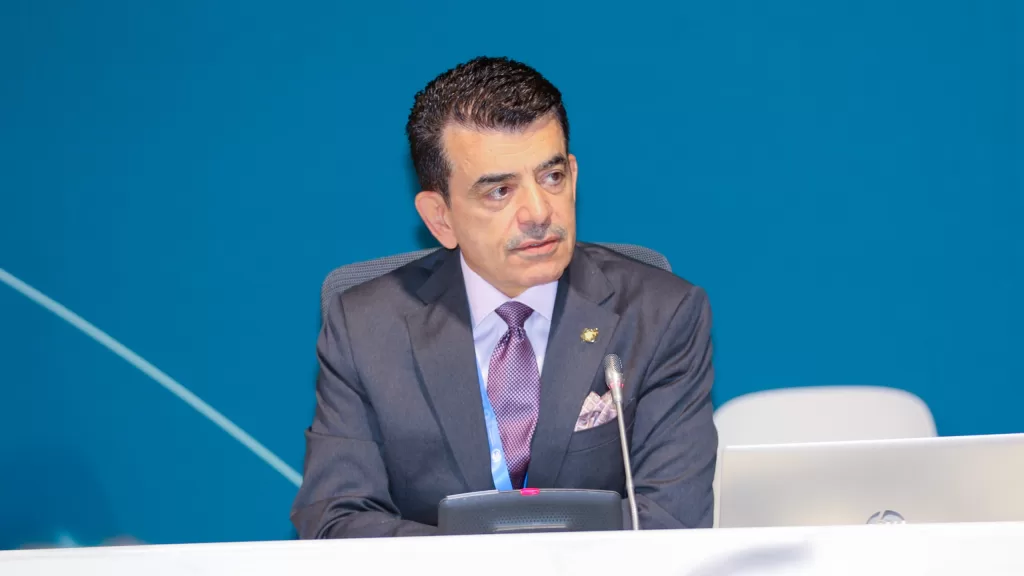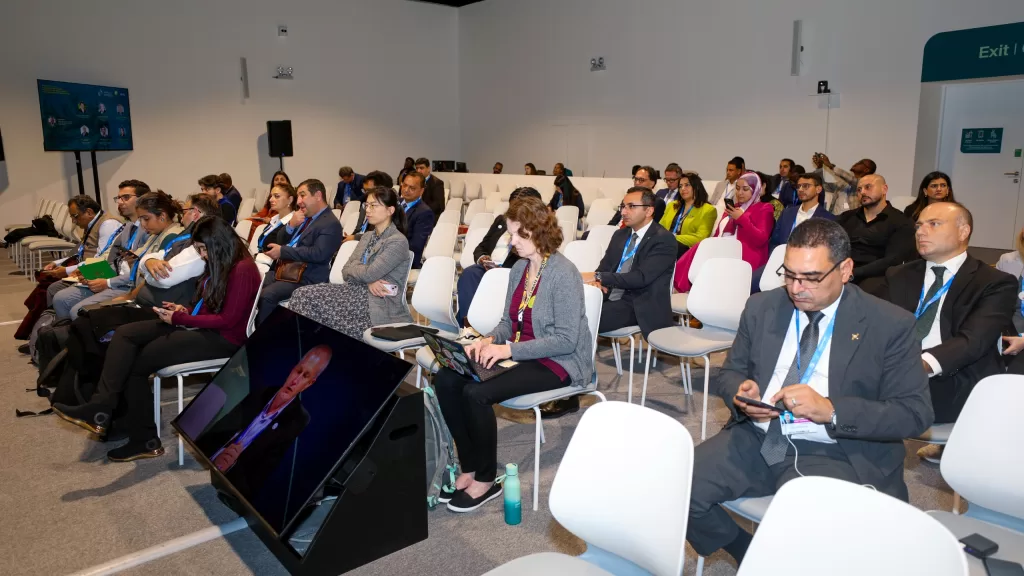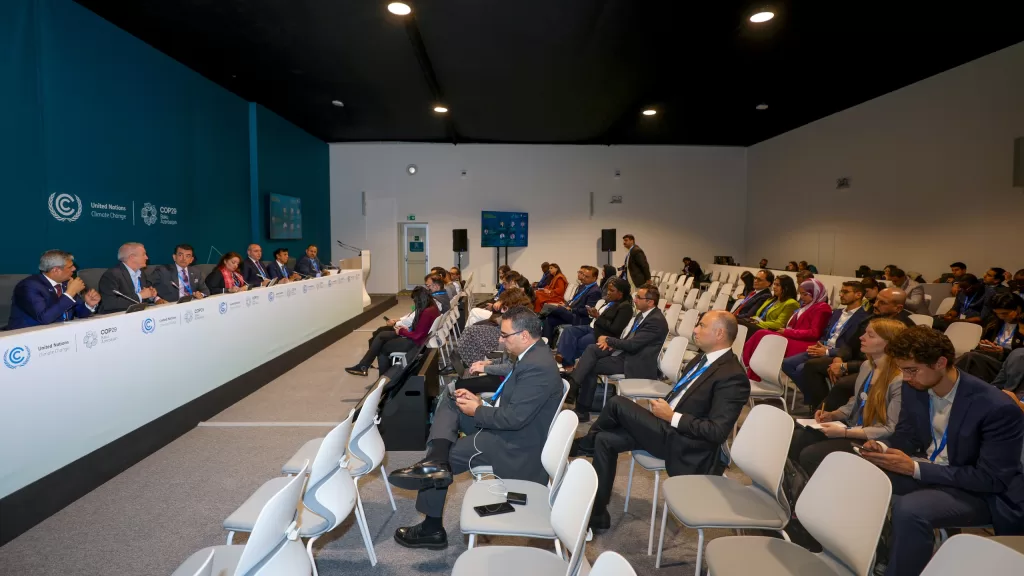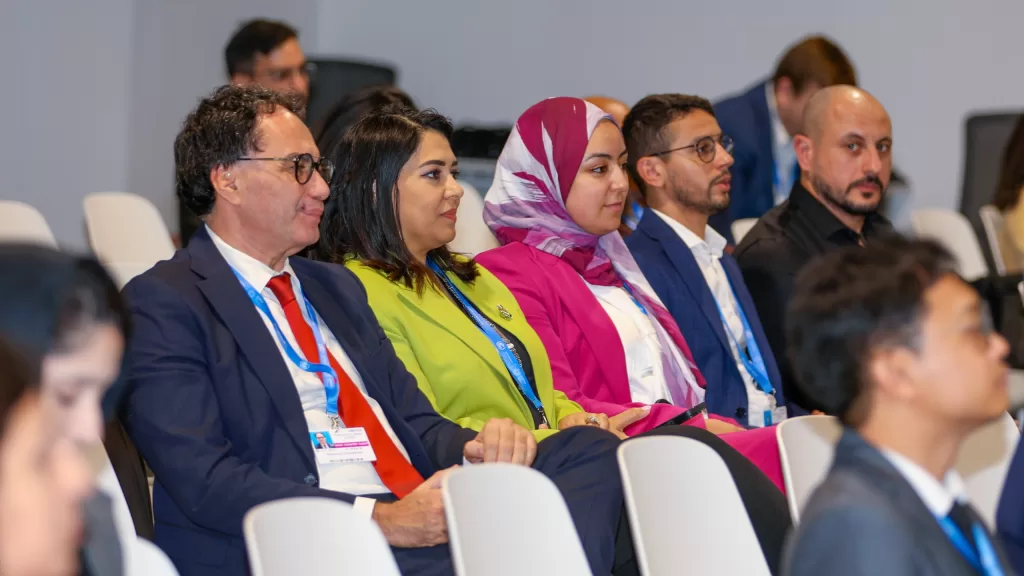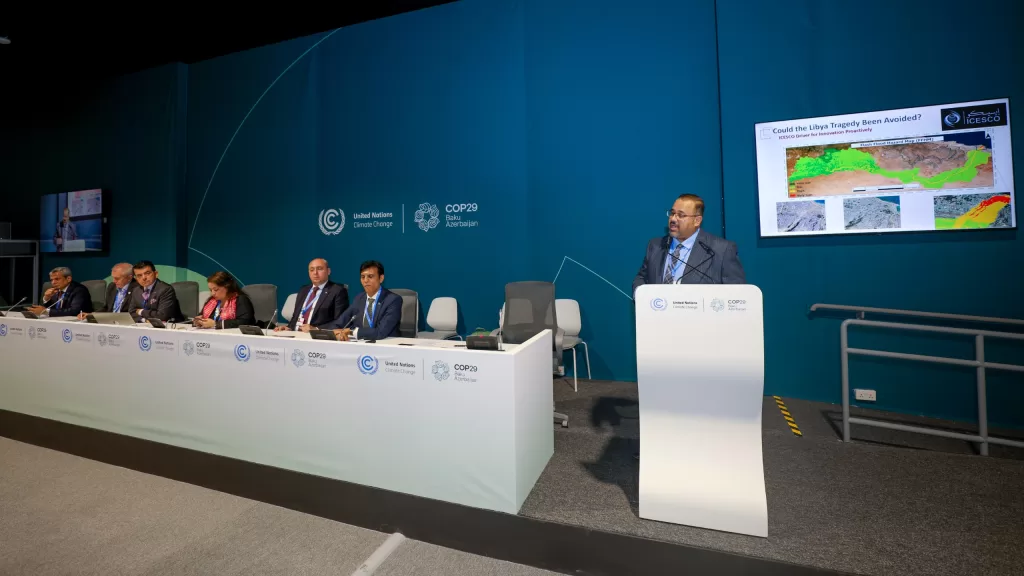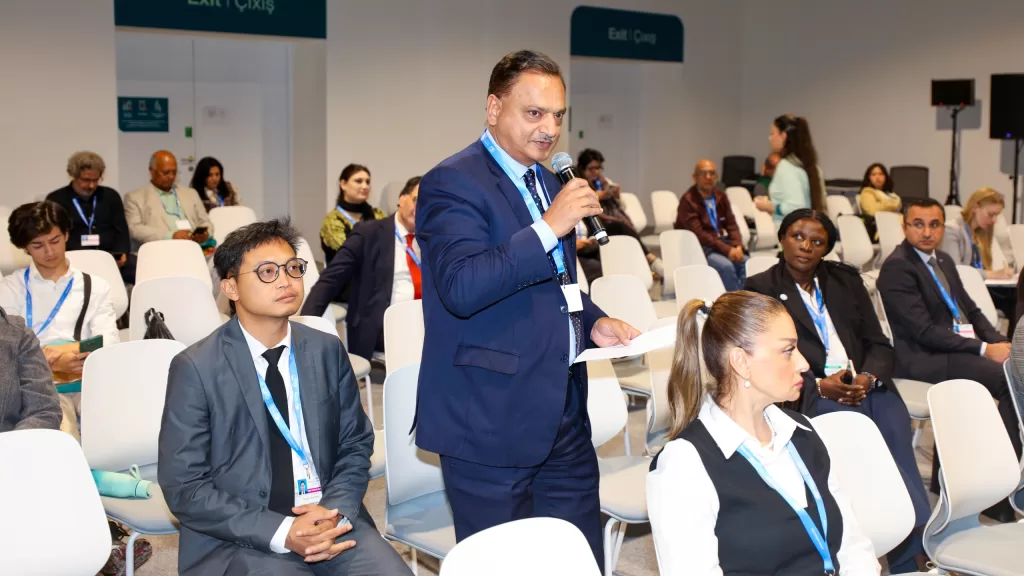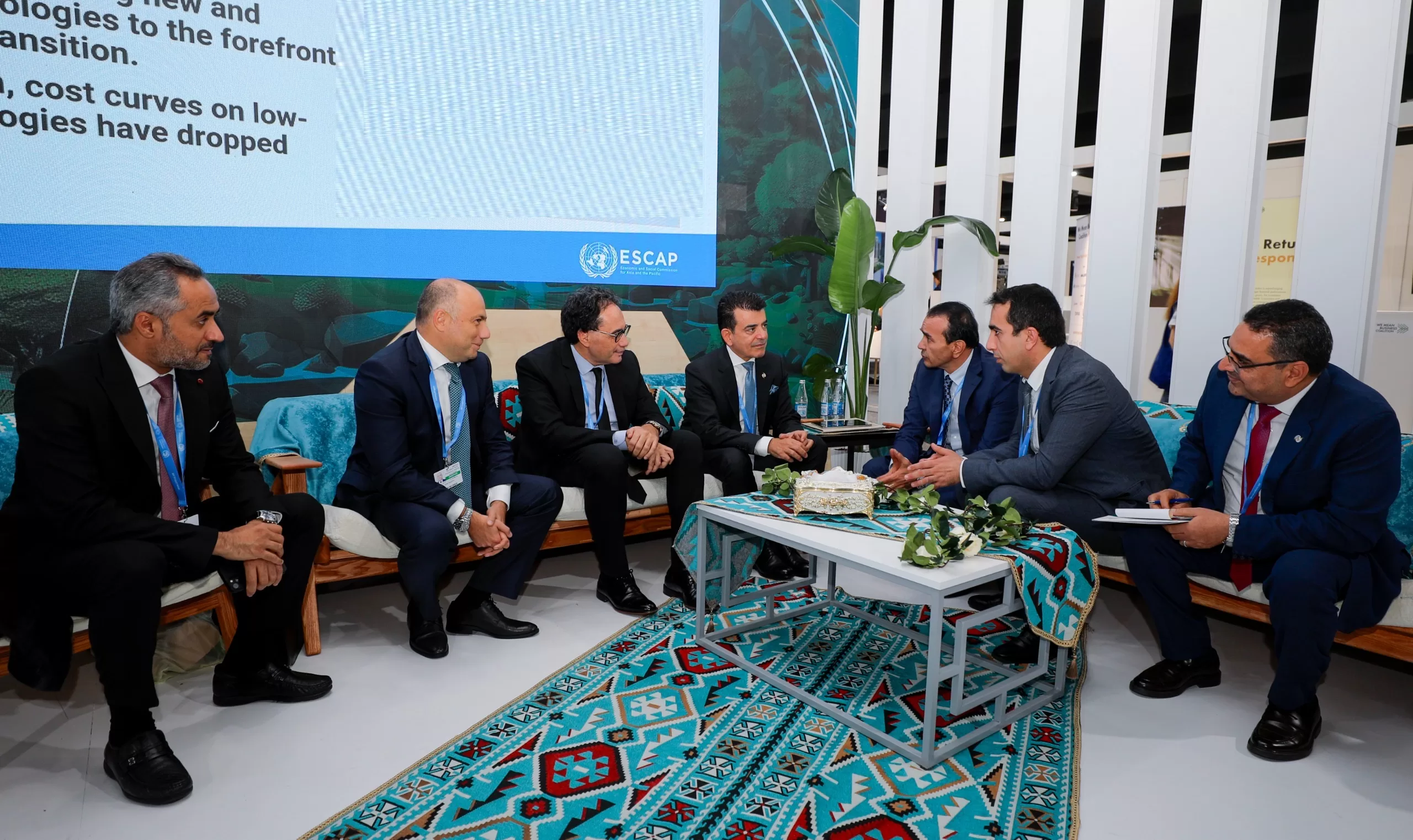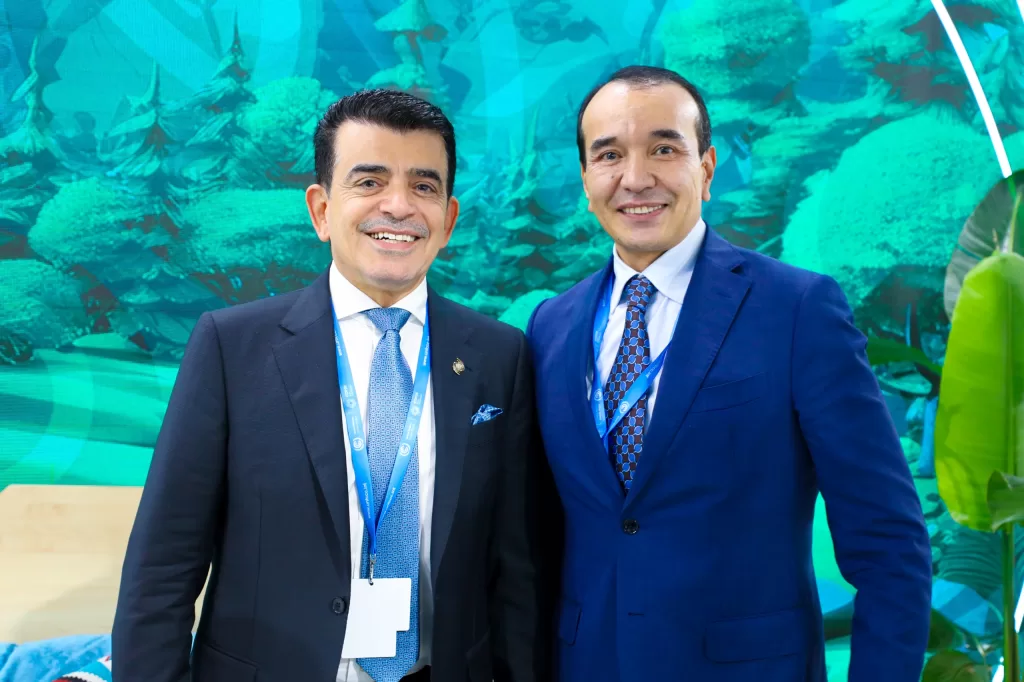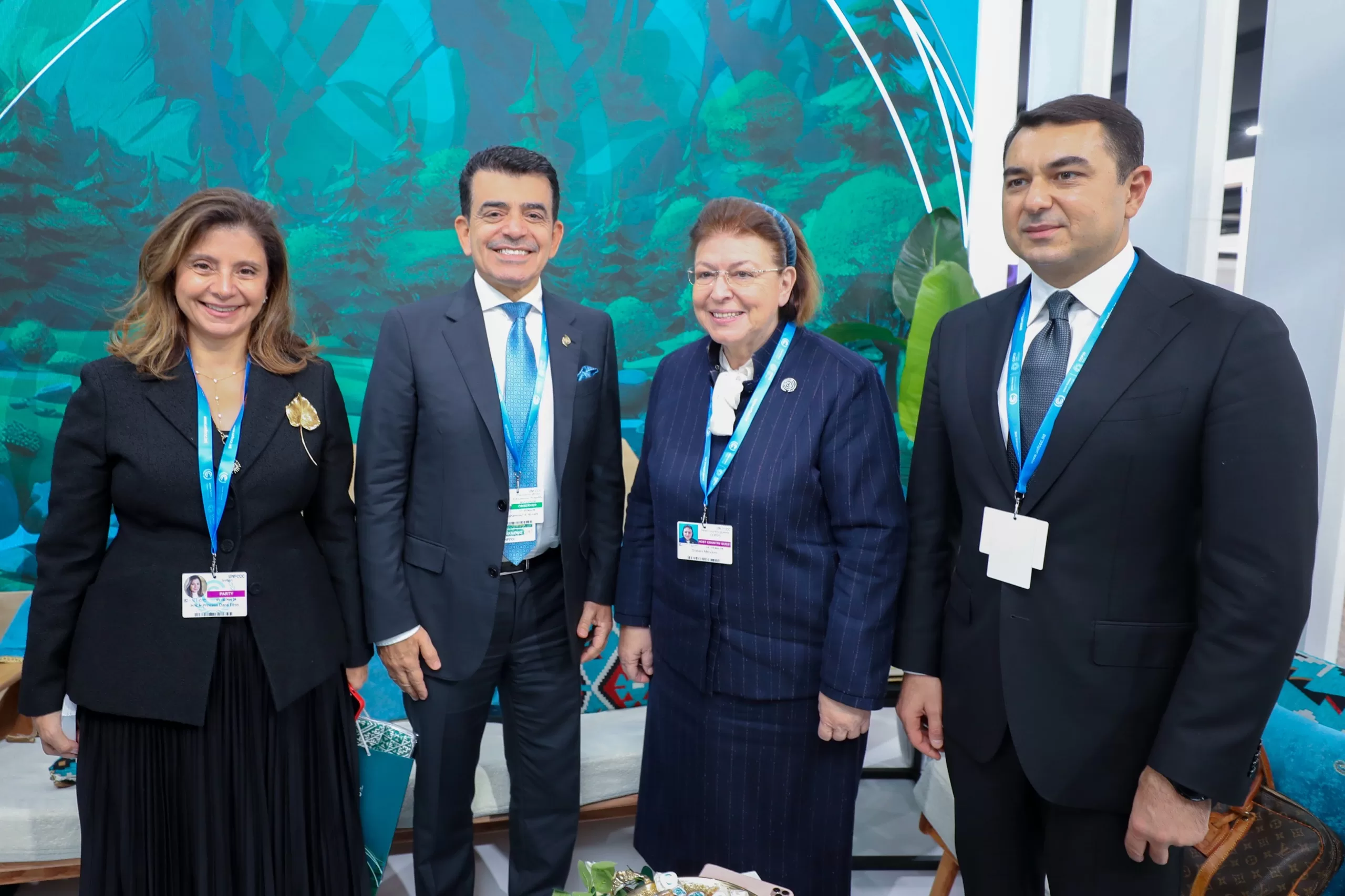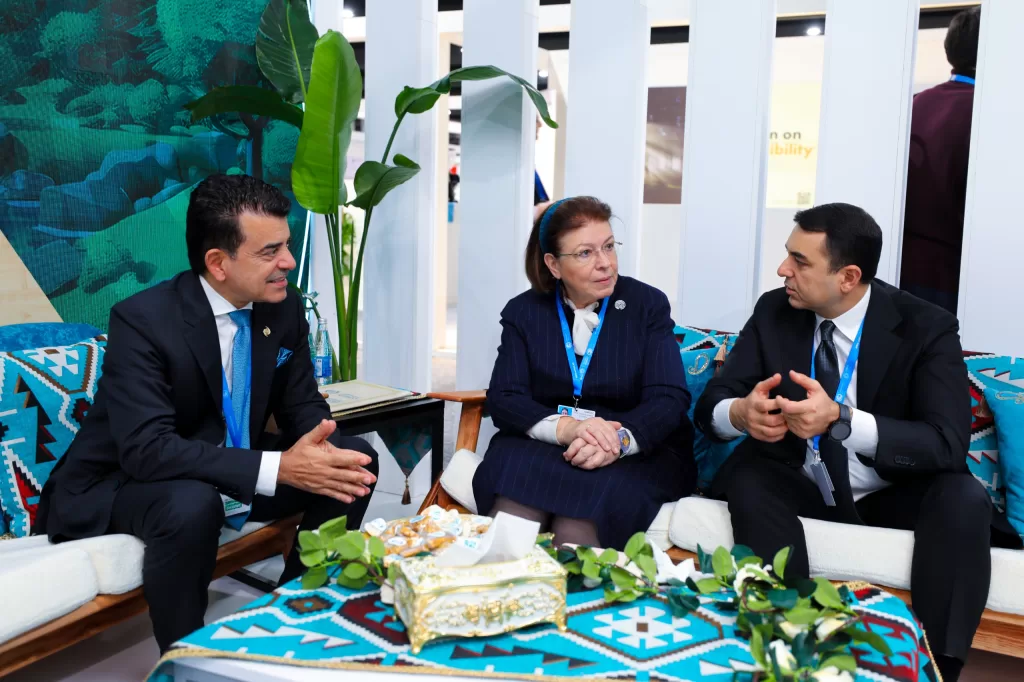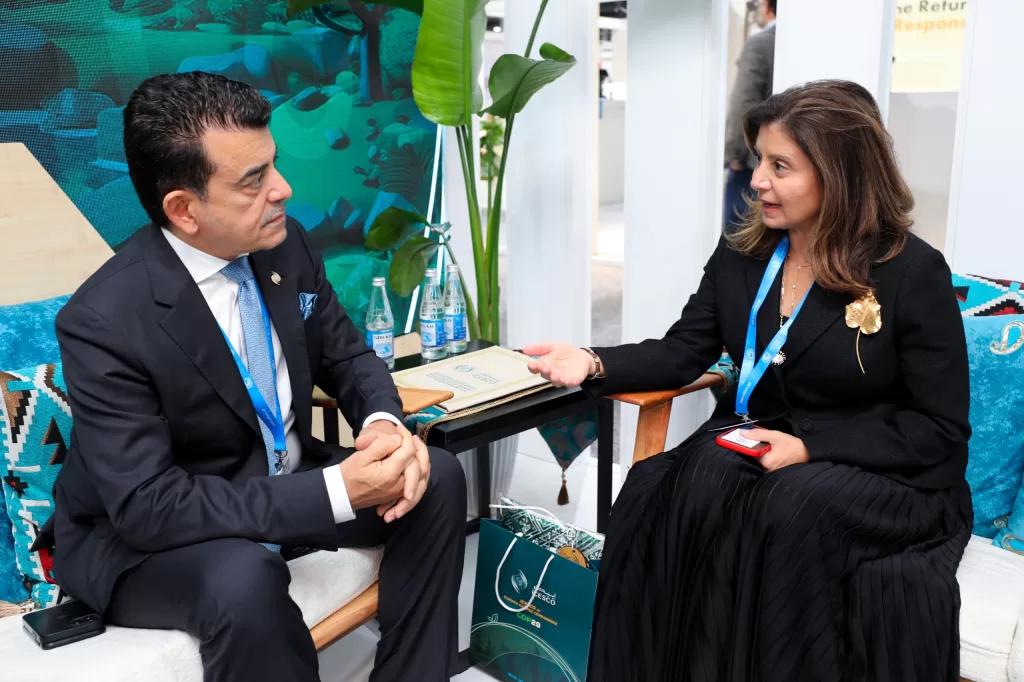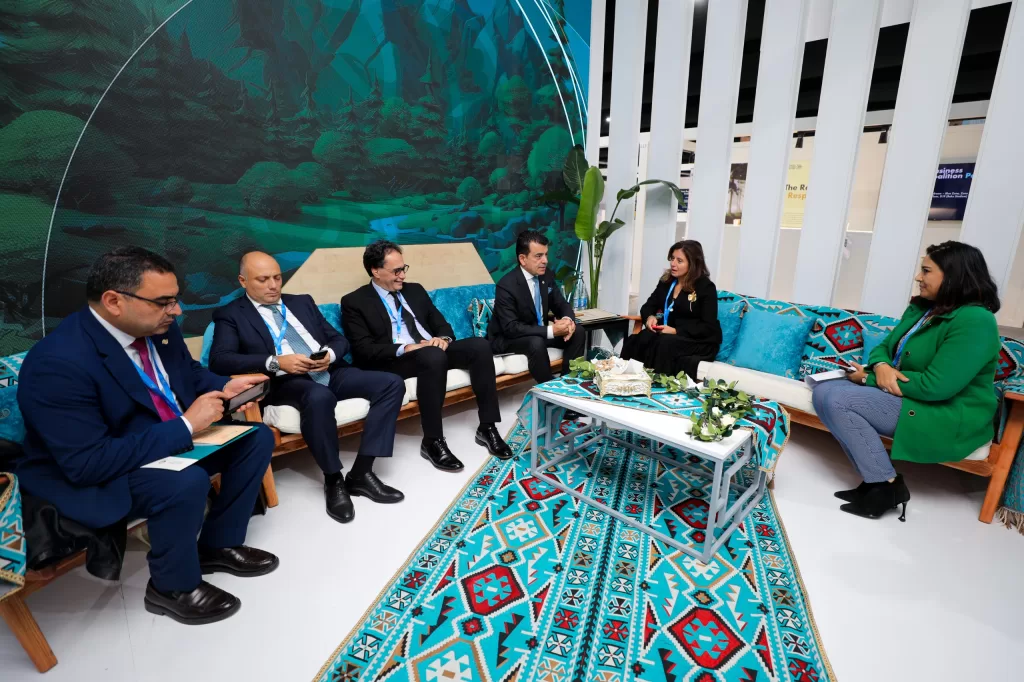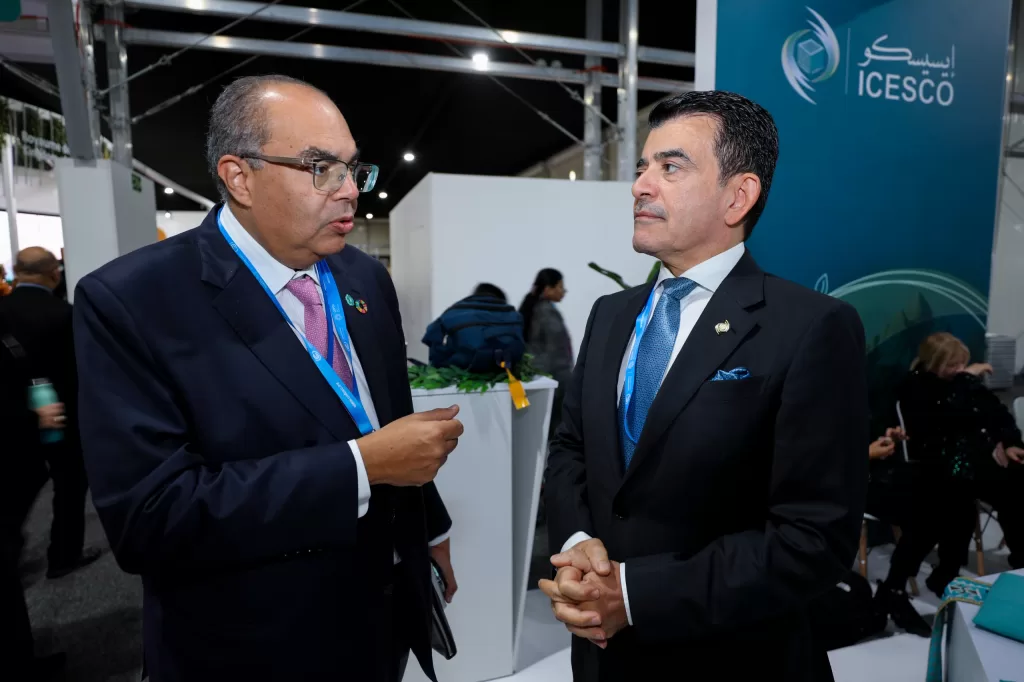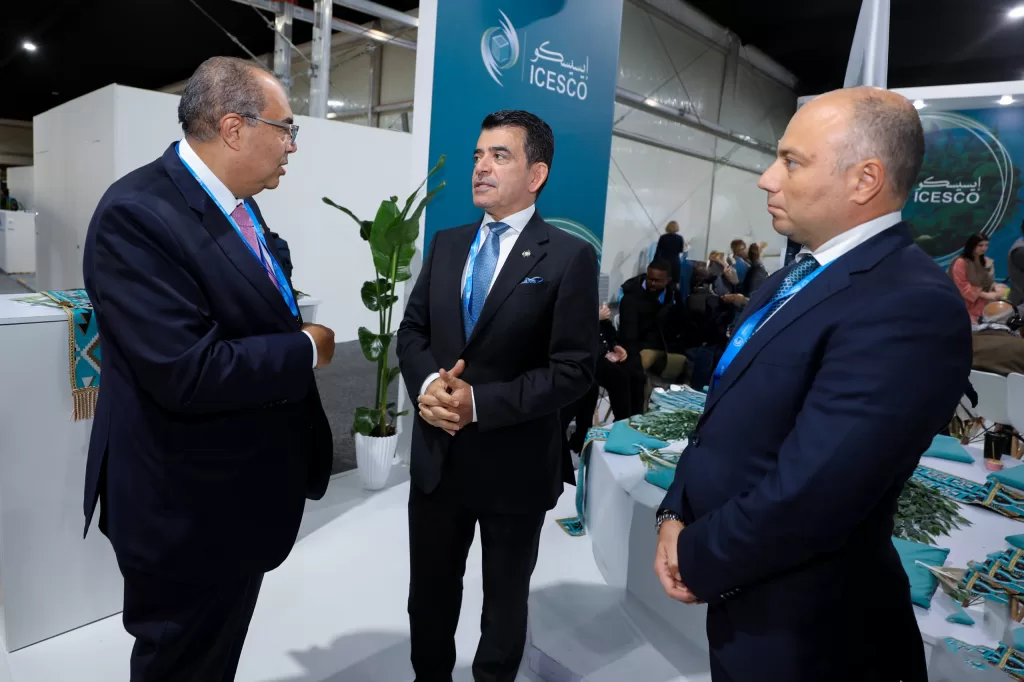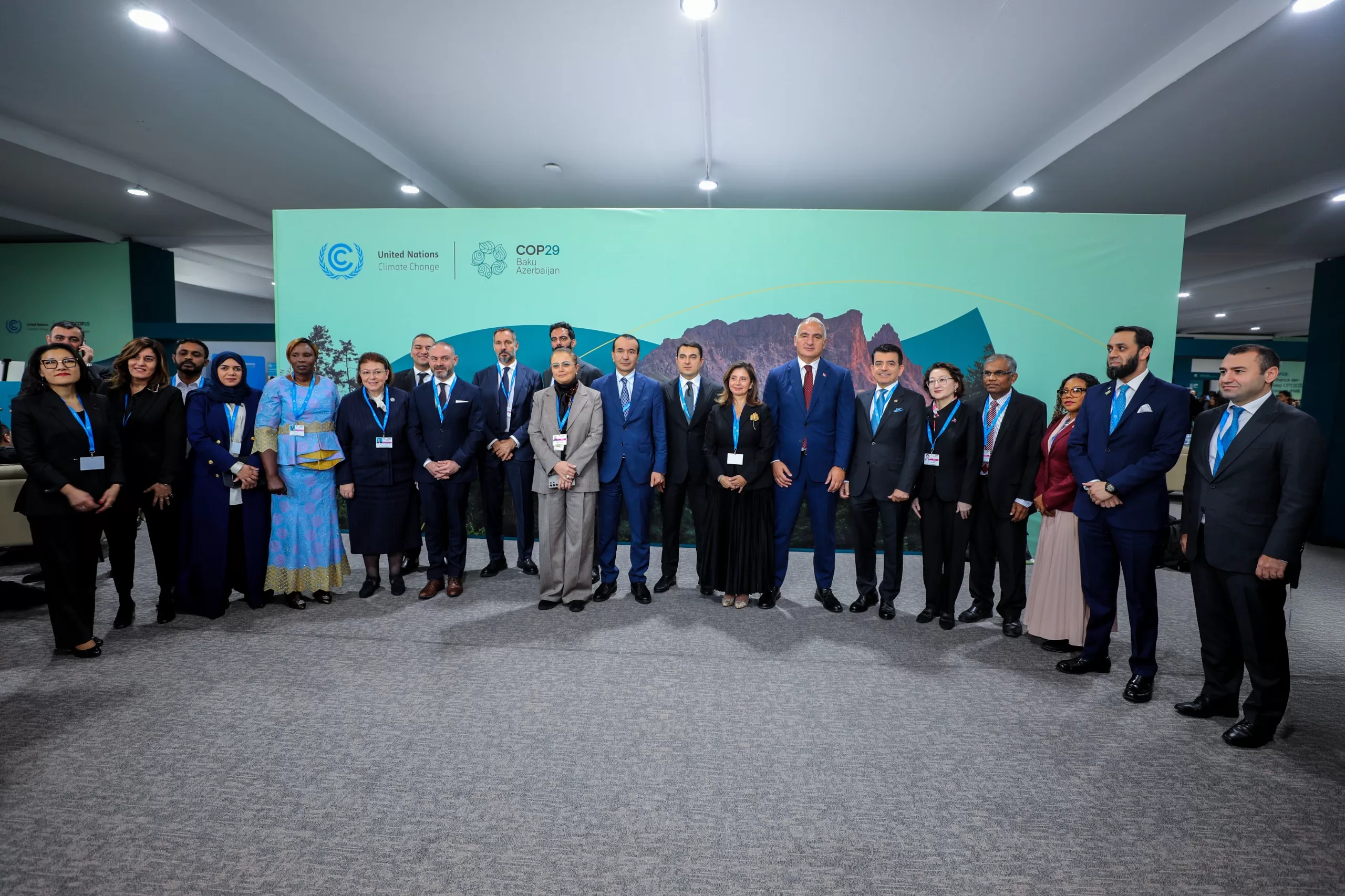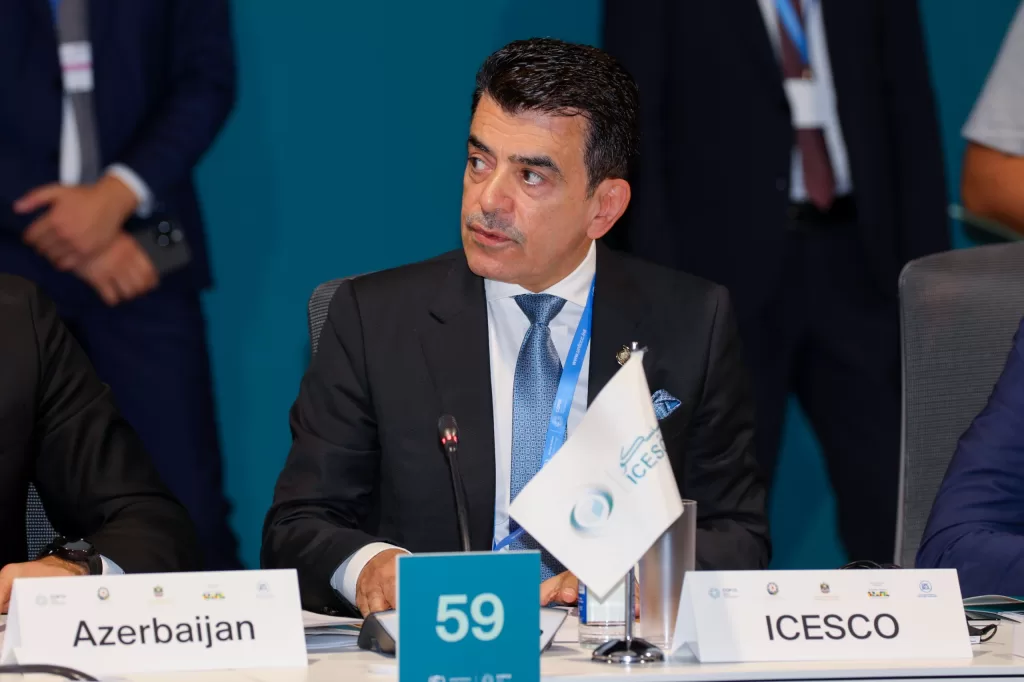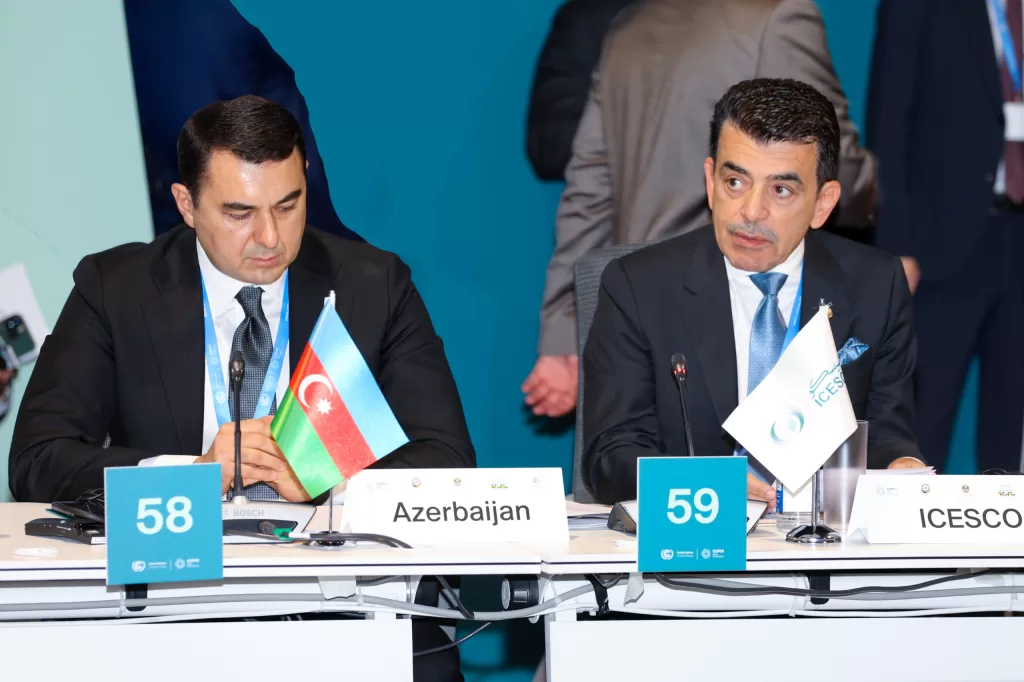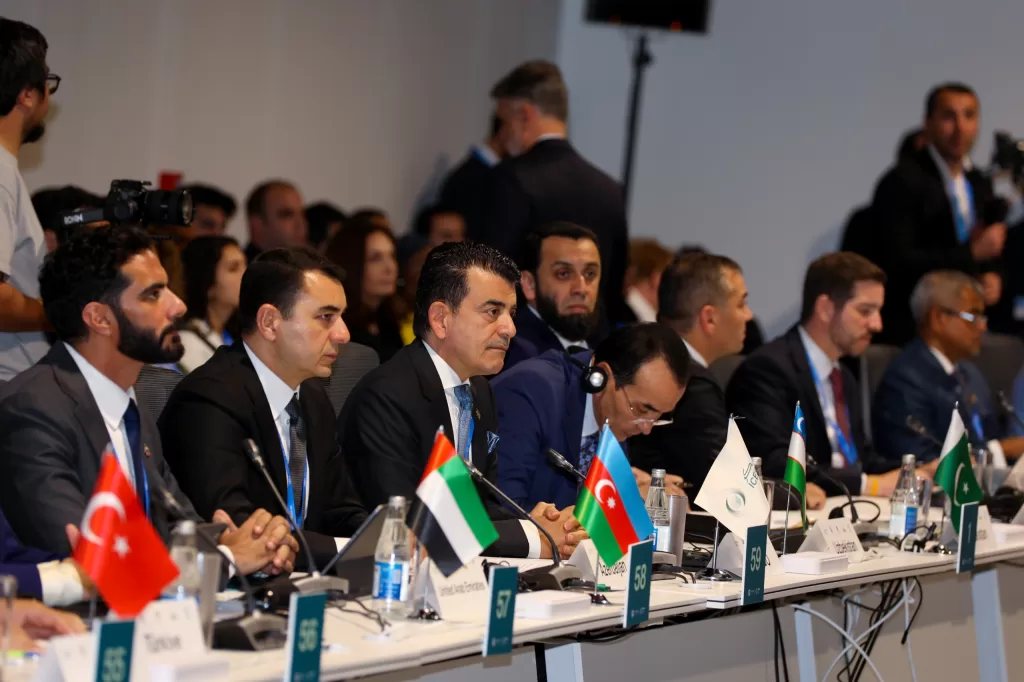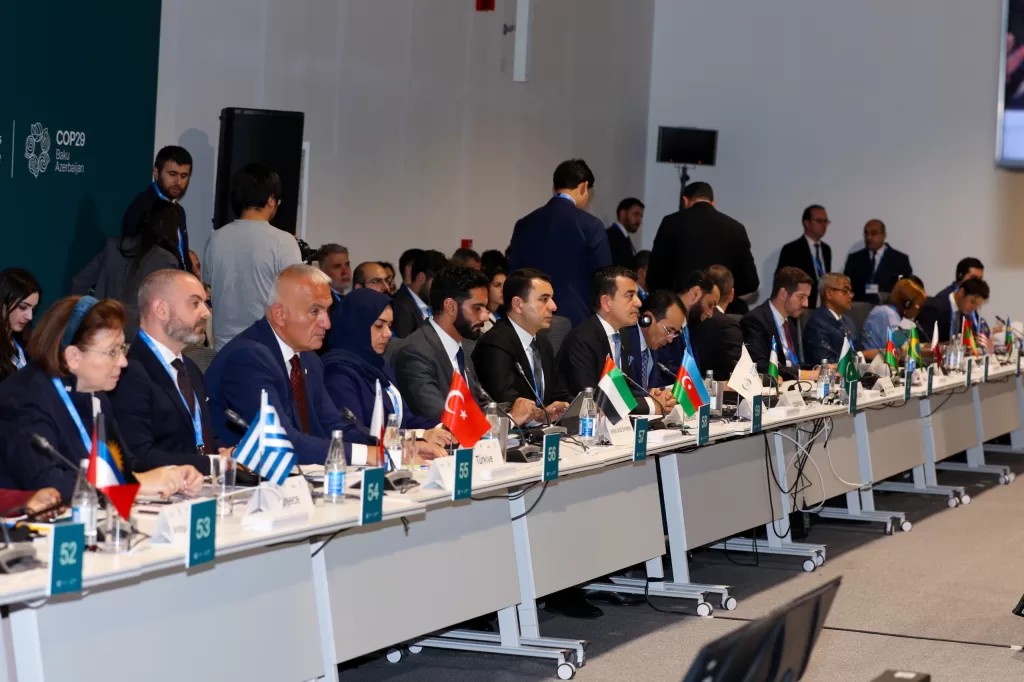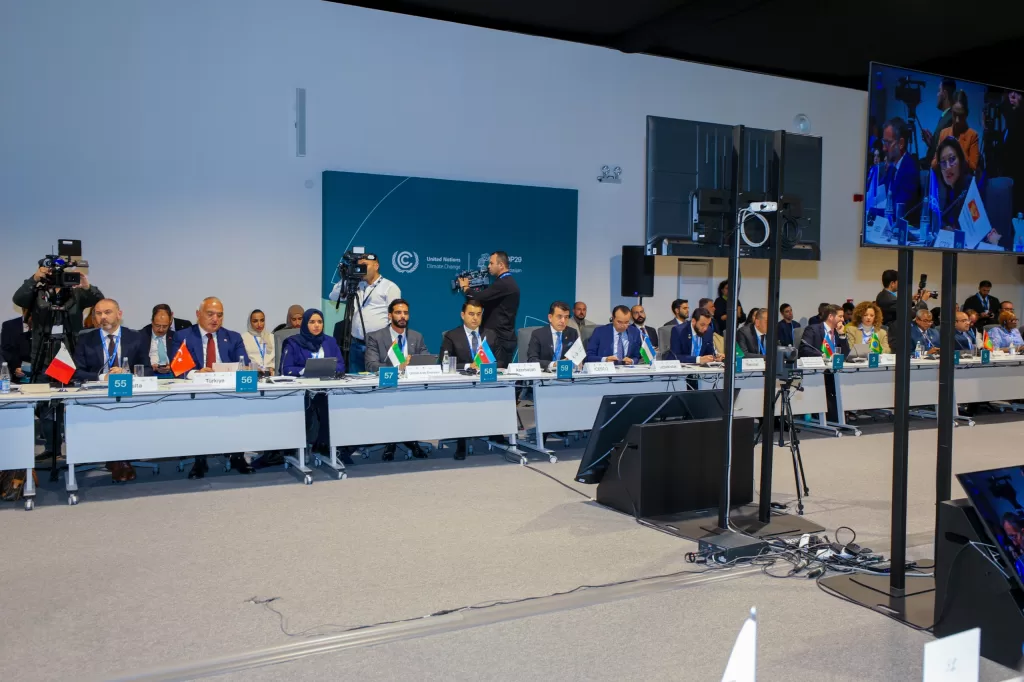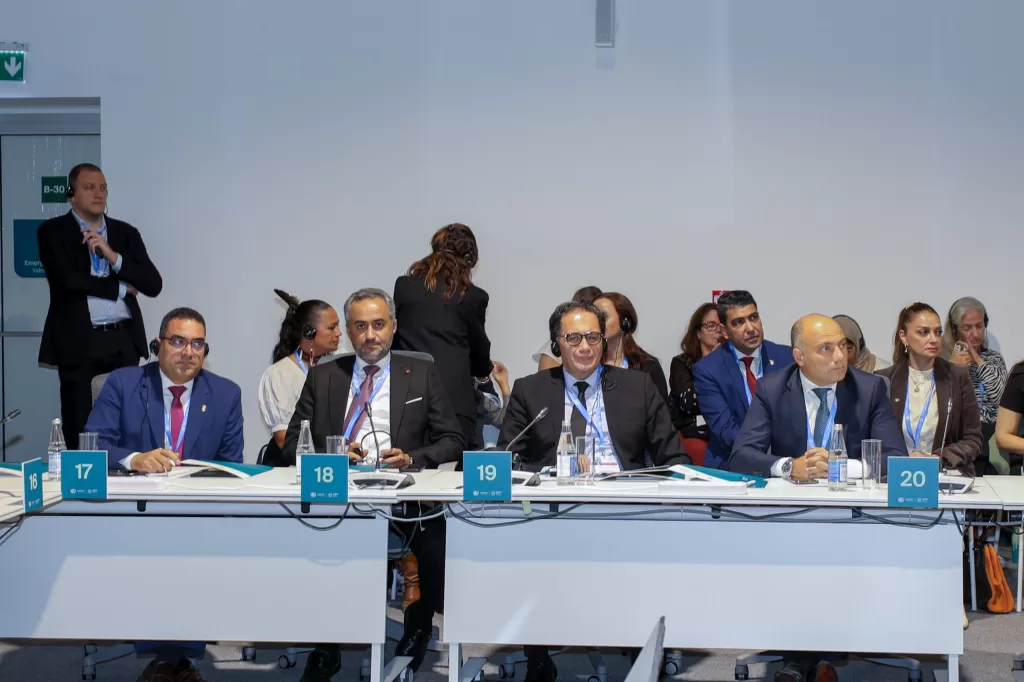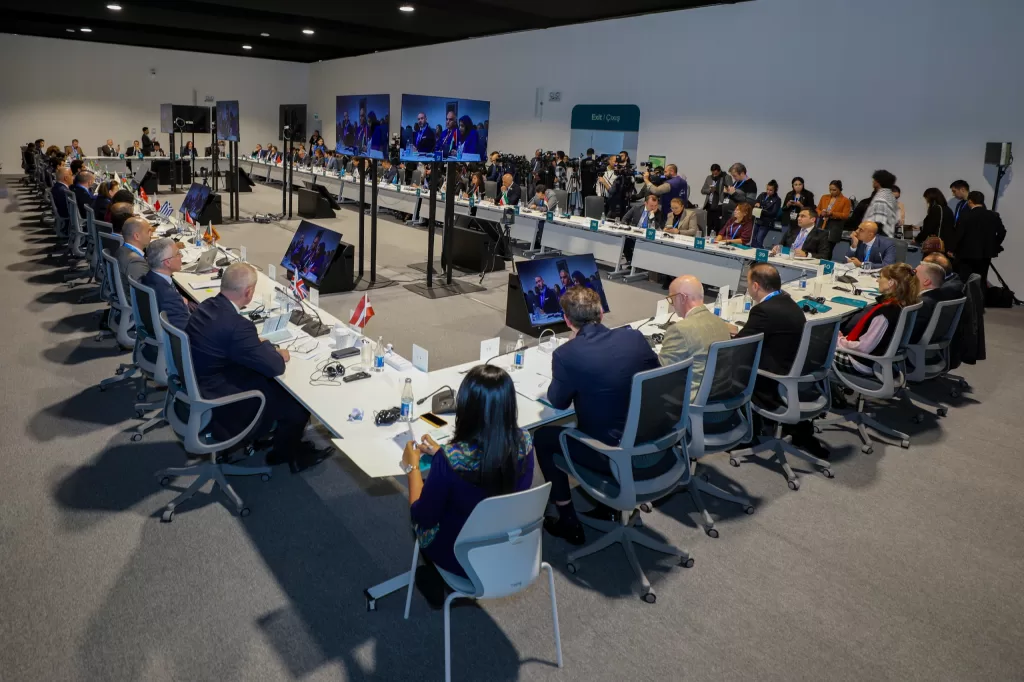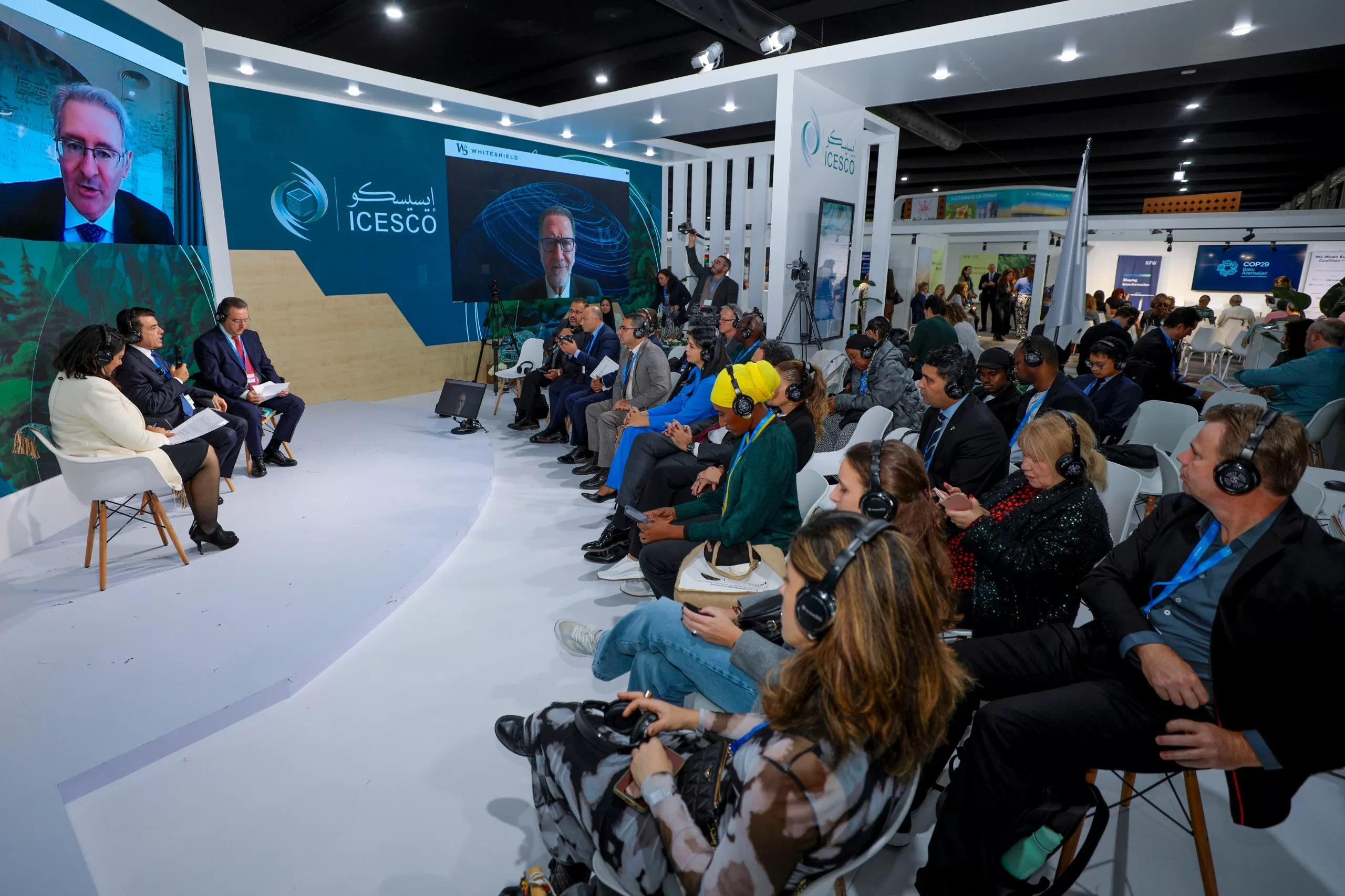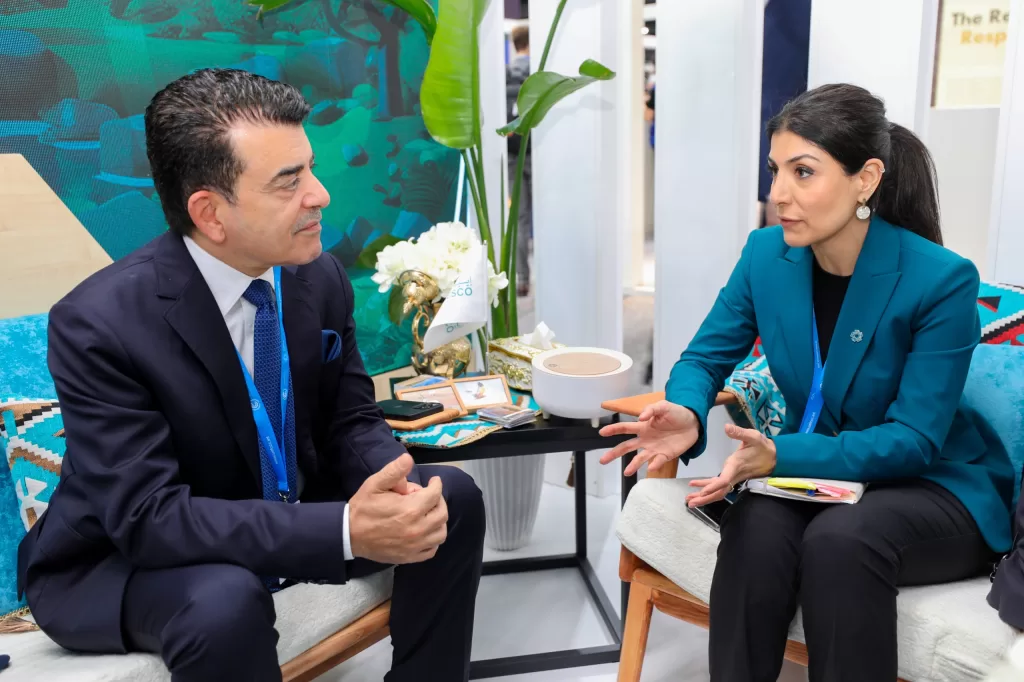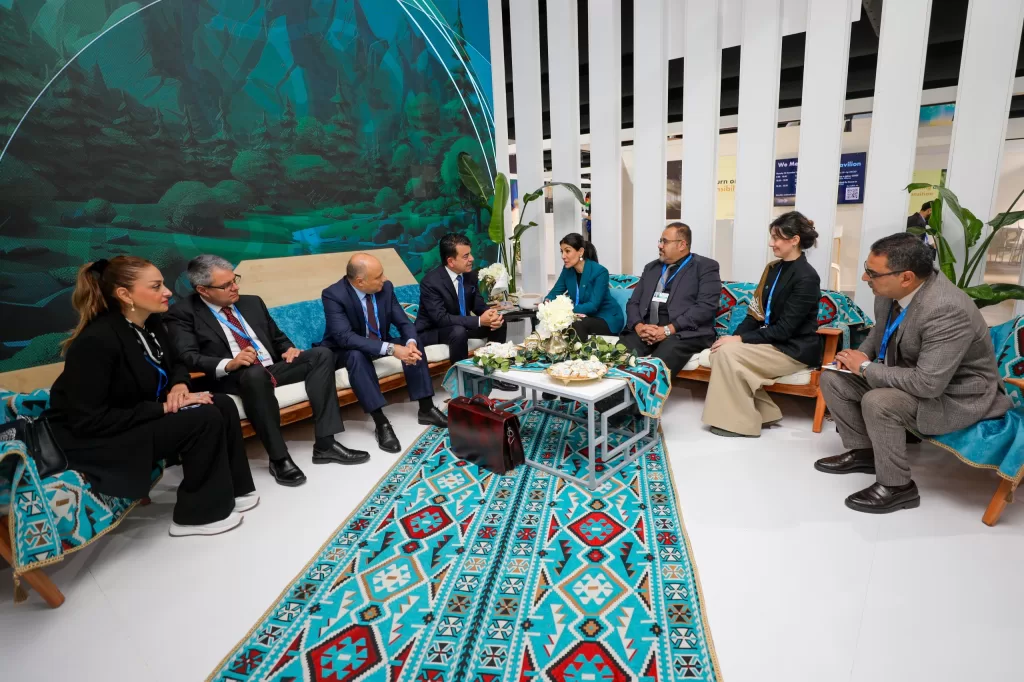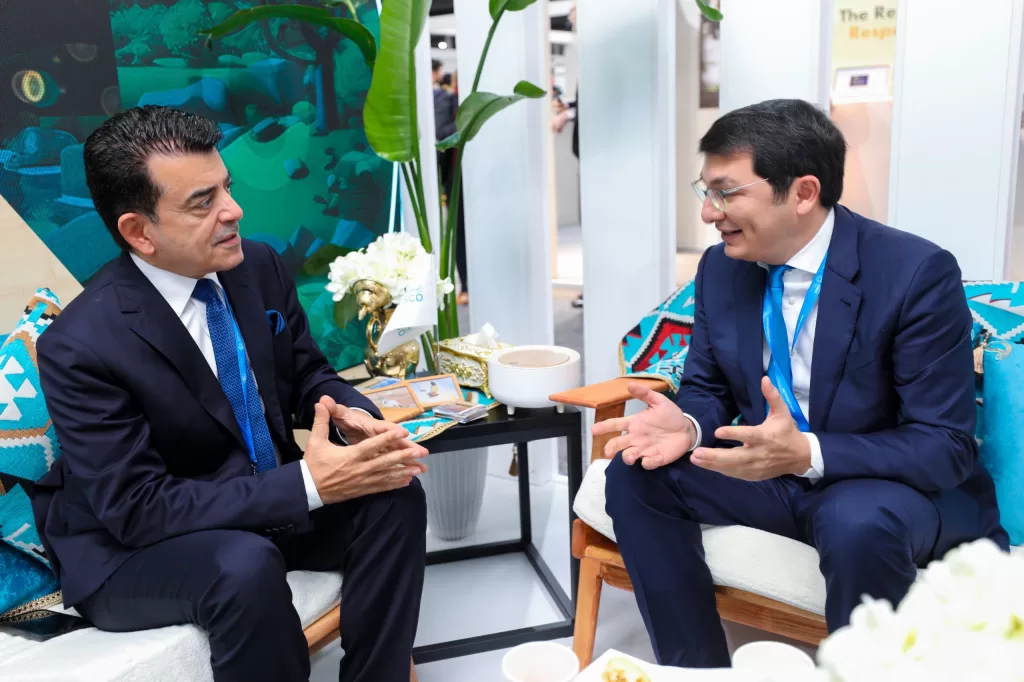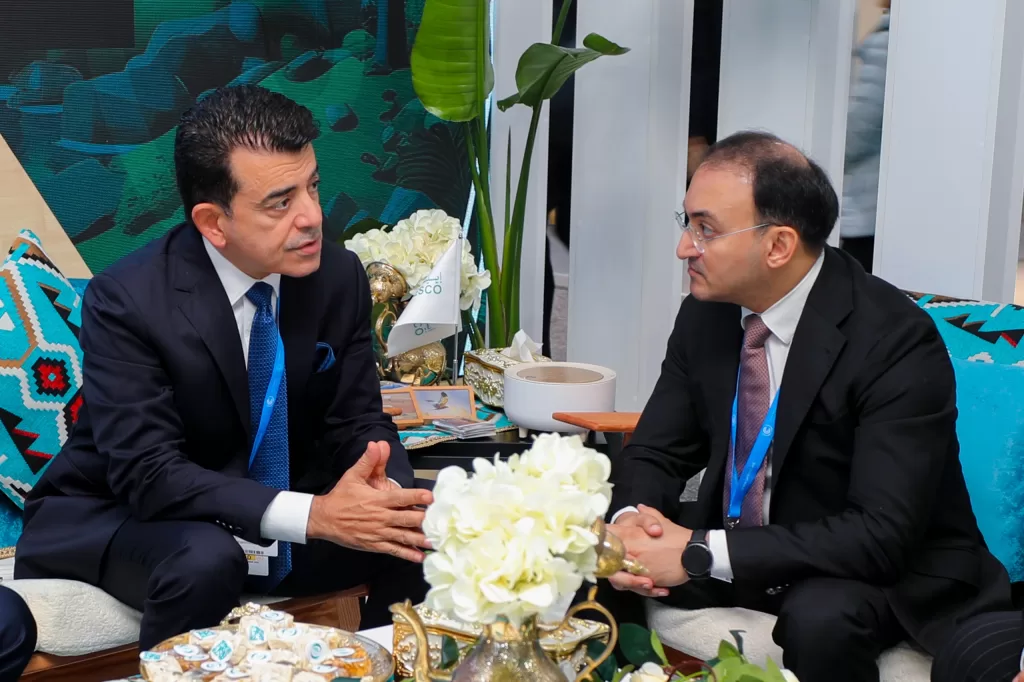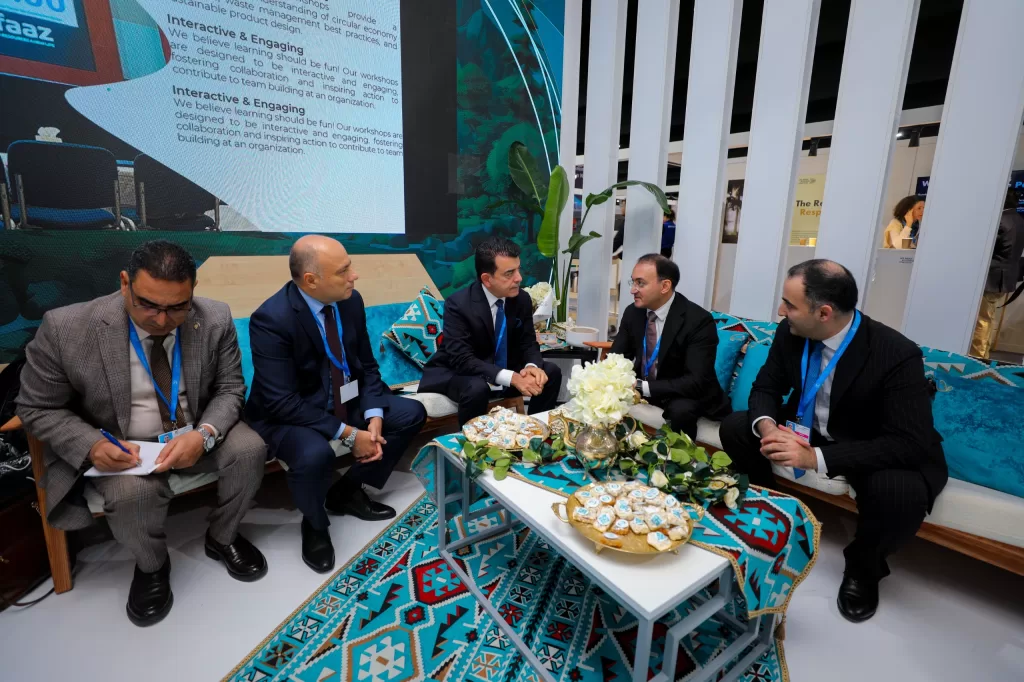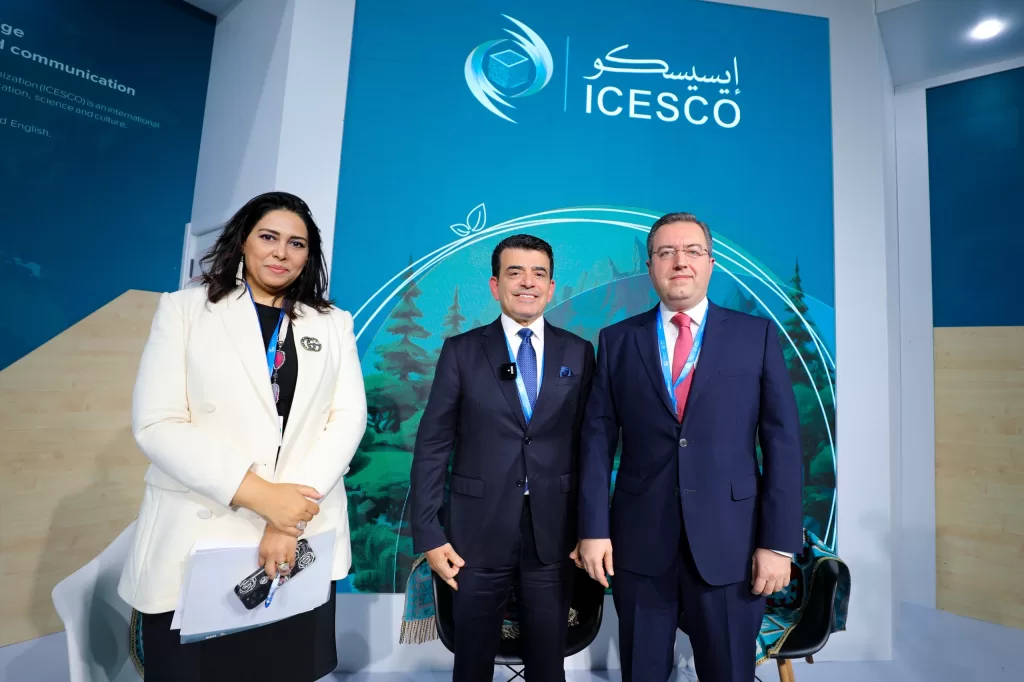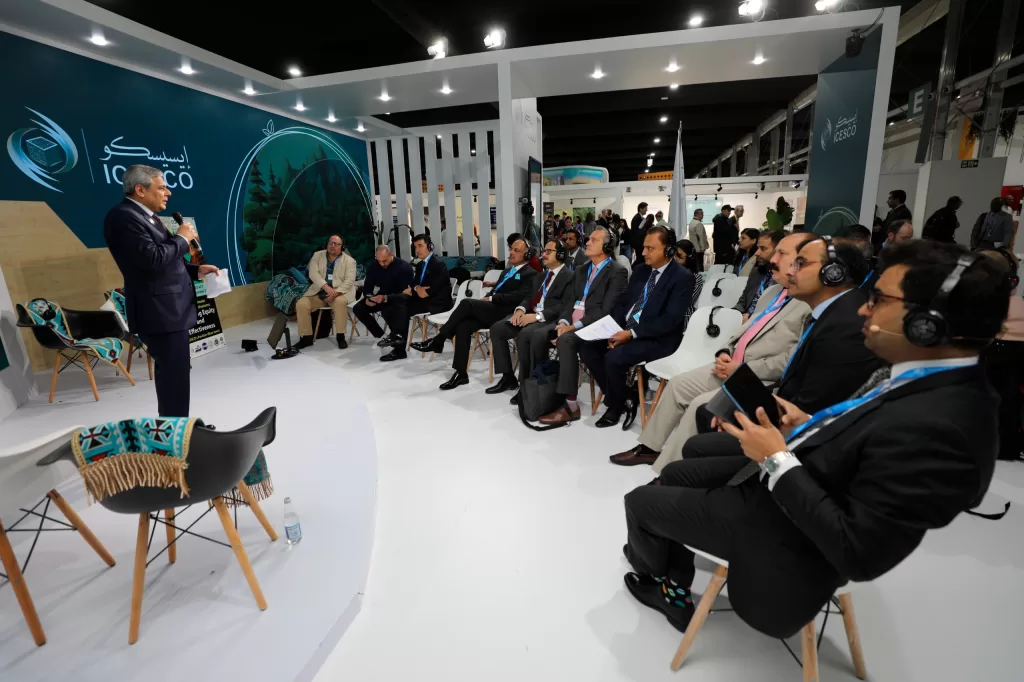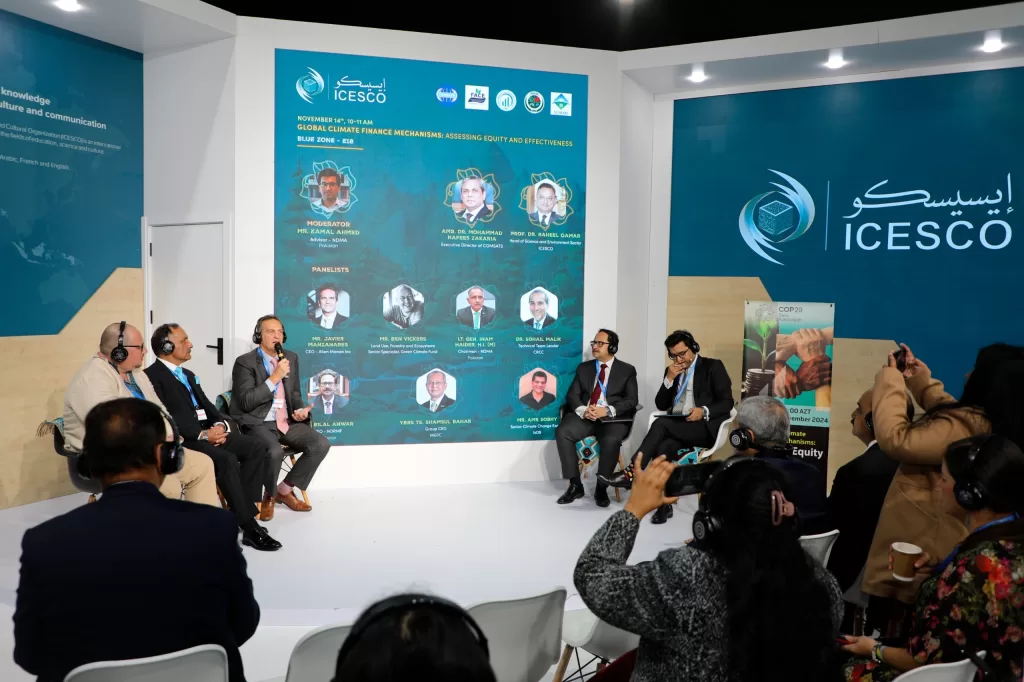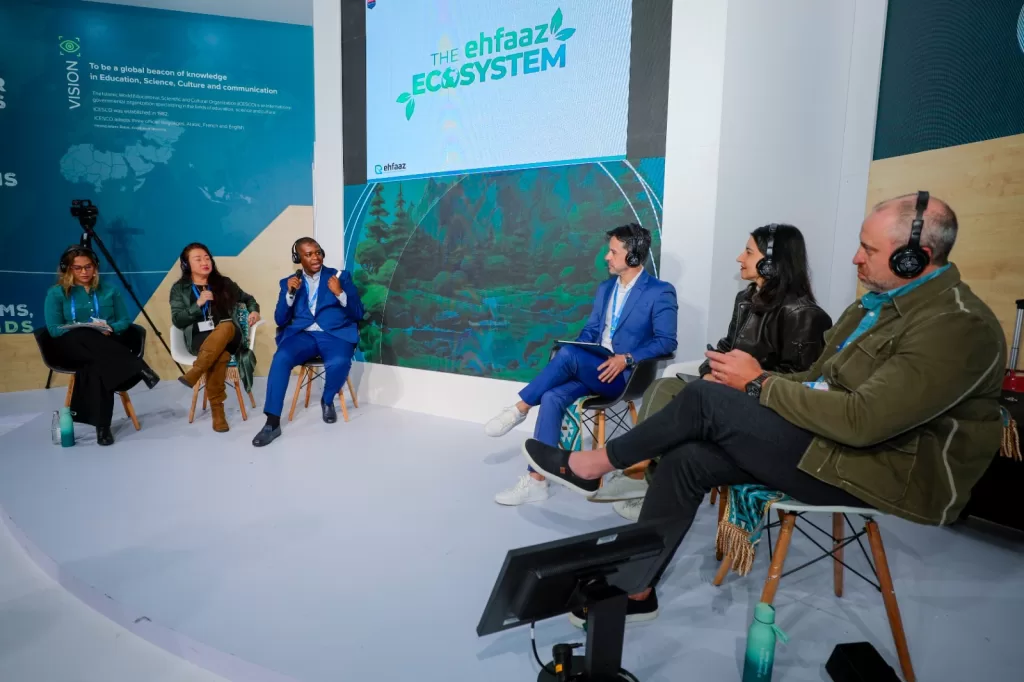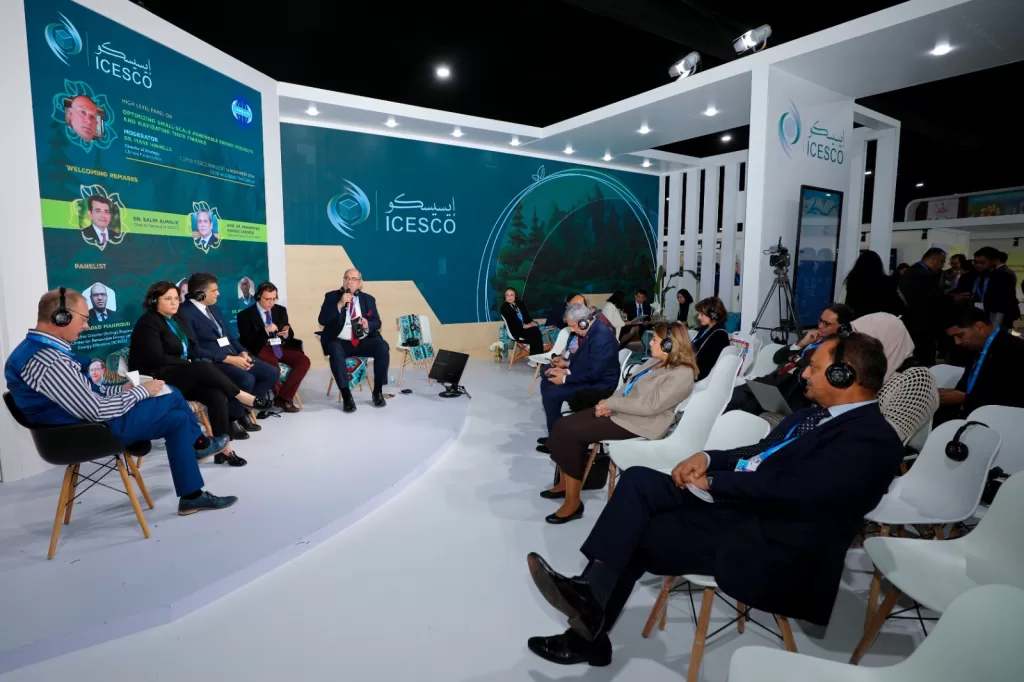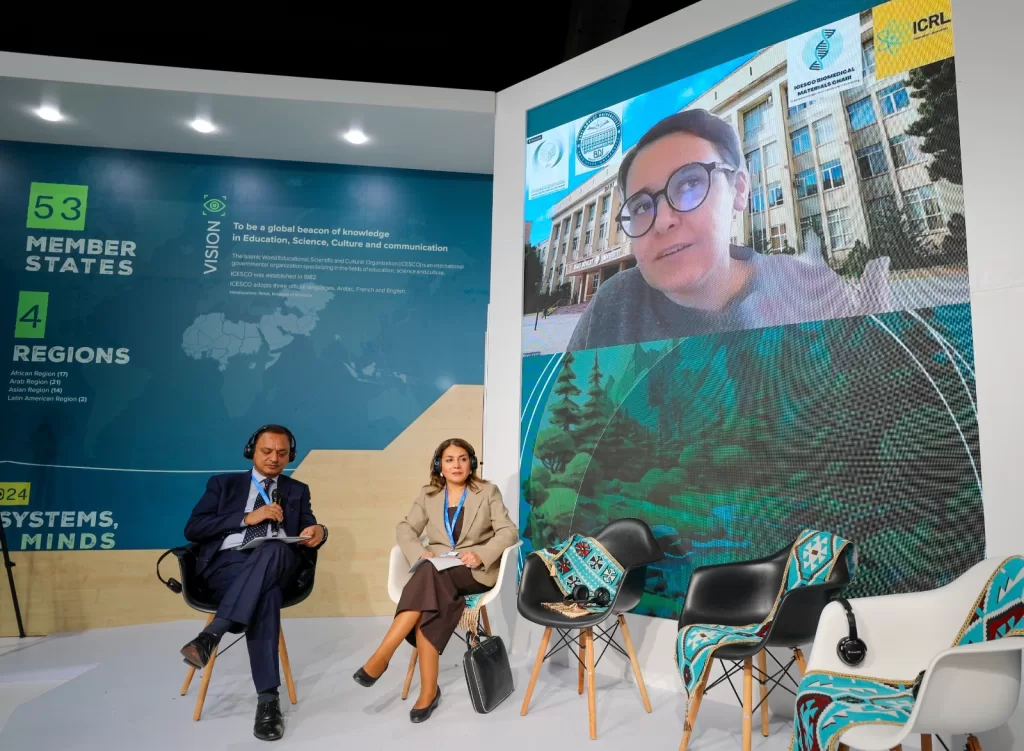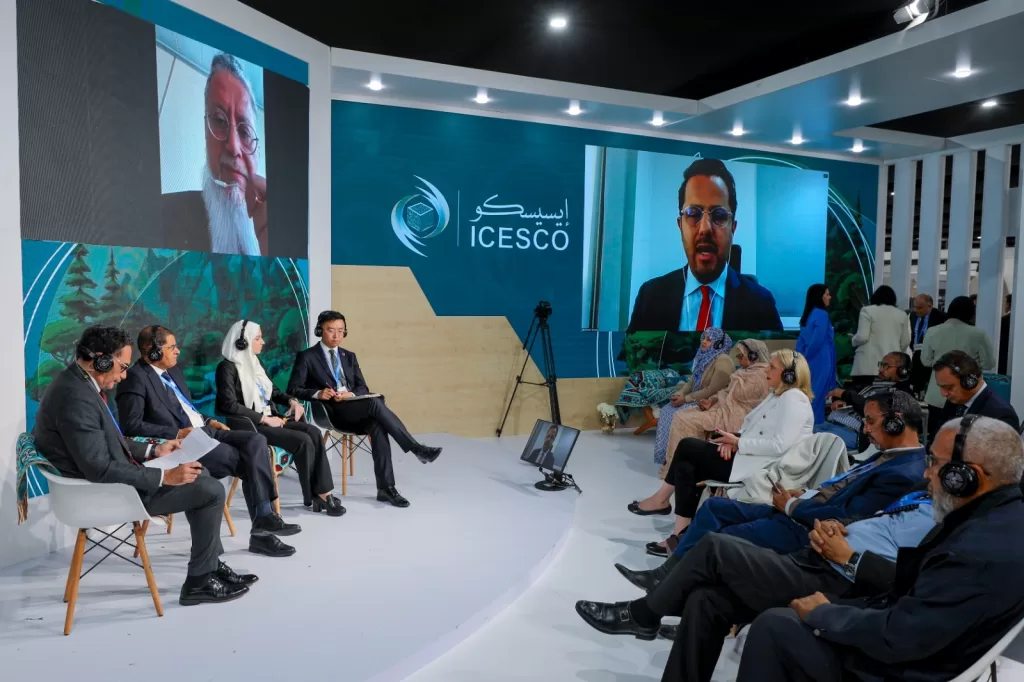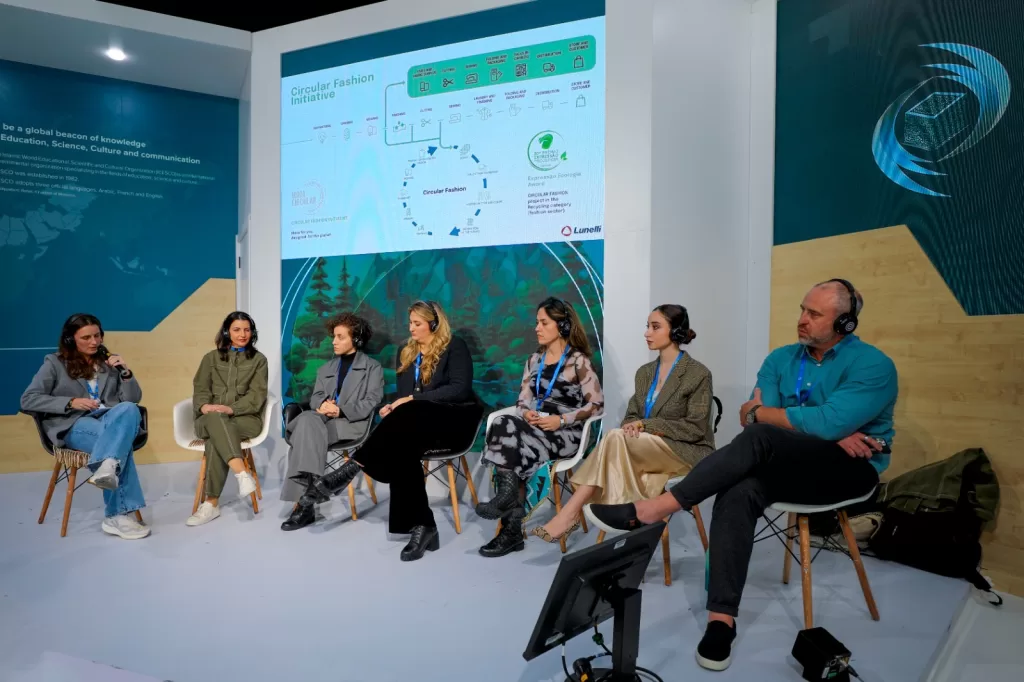Today, Monday, 18 November, 2024, the Islamic World Educational, Scientific and Cultural Organization (ICESCO) Pavilion in the Blue Zone of COP29 in Baku, Azerbaijan, hosted high-level discussion sessions. Ministers and senior international officials gathered as part of the Pavilion’s eighth-day activities, centered around the theme “Energy, Peace, Relief, and Recovery.” The Event included the announcement of CESCO’s strategy for integrating agricultural heritage with modern practices to promote sustainable development and the launch of ICESCO’s Framework “Greening Education in the Islamic World”.
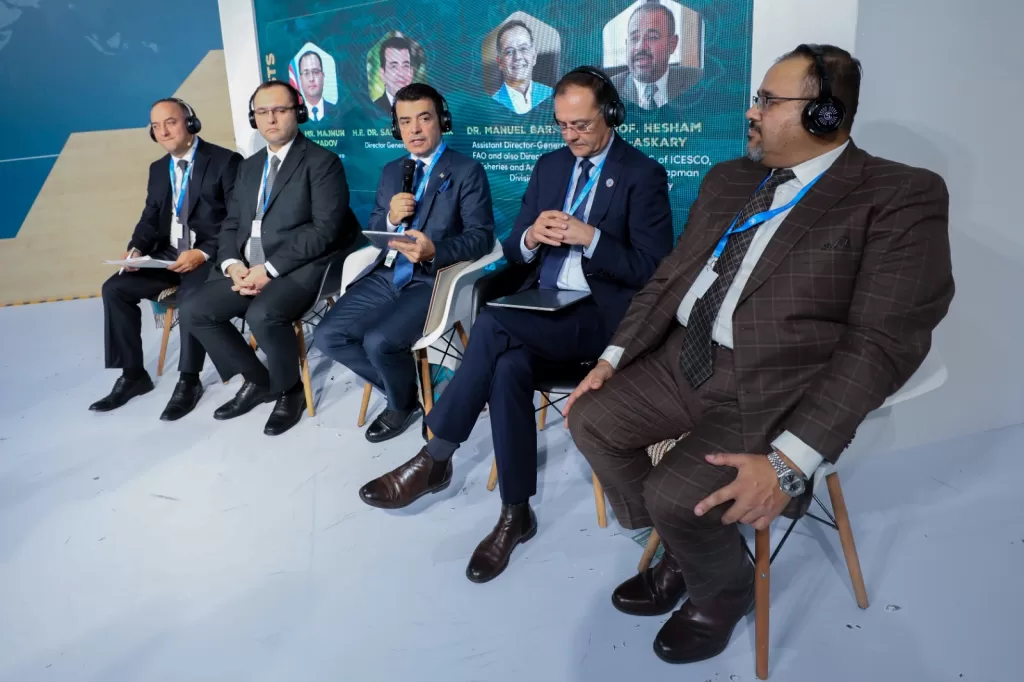
In the discussion titled “Heritage Development for a Sustainable Future: Integrating Agriculture, Culture, and Climate Adaptation,” Dr. Salim M. AlMalik, ICESCO Director-General, unveiled the Organization’s strategy to integrate agricultural heritage with contemporary practices, in collaboration with the United Nations Food and Agriculture Organization (FAO) and Azerbaijan’s Ministry of Agriculture. Additionally, he highlighted the strategy as a forward-looking approach aimed at preserving rich agricultural knowledge and leveraging it for sustainable development.
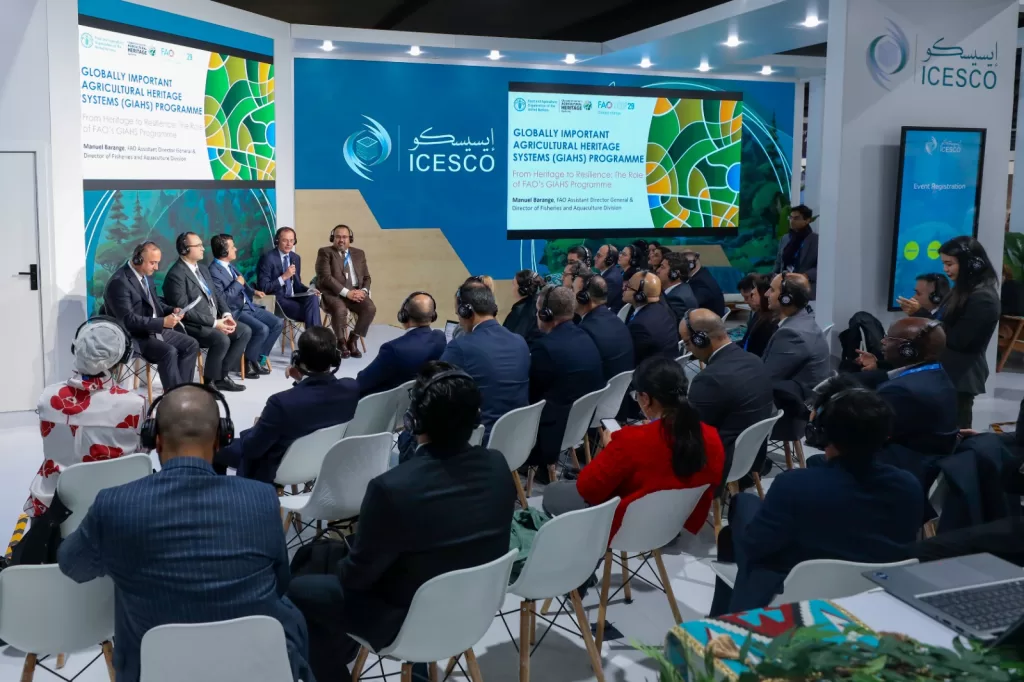
In his remarks, Azerbaijan’s Minister of Agriculture, Mr. Majnun Mammadov, presented his country’s experience as a model in blending traditional practices with the latest scientific solutions to build a sustainable future. Additionally, Dr. Manuel Barange, Assistant Director-General of FAO, provided an overview of the latter’s Agricultural Heritage Systems program.
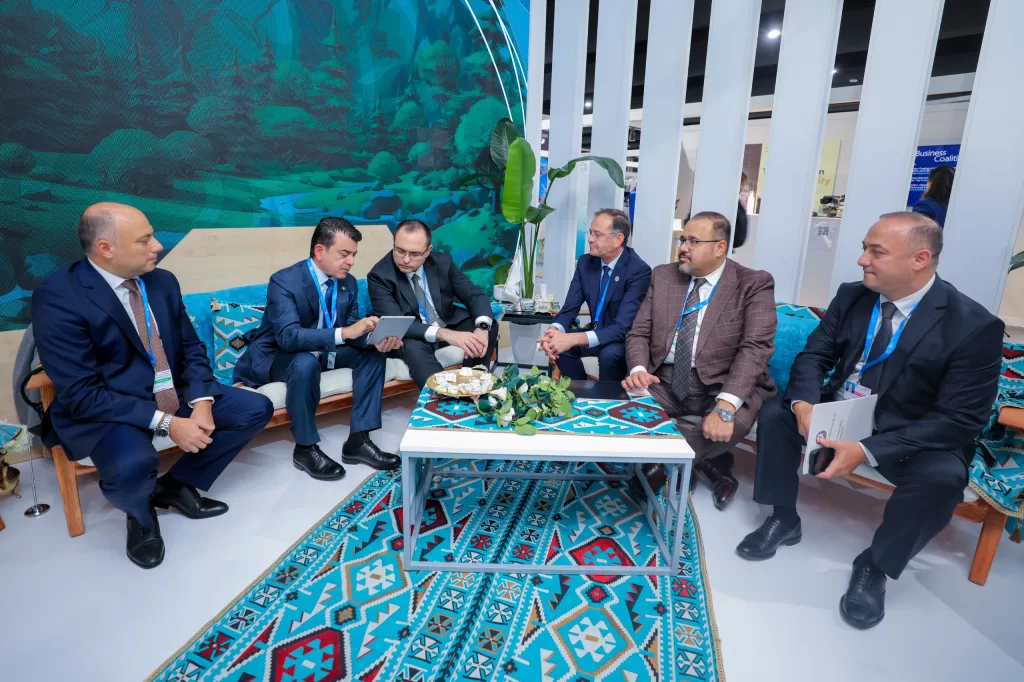
The Pavilion’s activities also included a youth-oriented session titled “Young Climate Champions: ICESCO Youth Peace Ambassadors,” with the participation of Dr. AlMalik; Dr. Bahar Muradova, Chairperson of Azerbaijan’s State Committee for Family, Women, and Children Affairs; Mr. Adil Çalışkan, Deputy Minister of Family and Social Services in Türkiye; as well as a group of ICESCO Youth Peace Ambassadors and youth climate leaders.
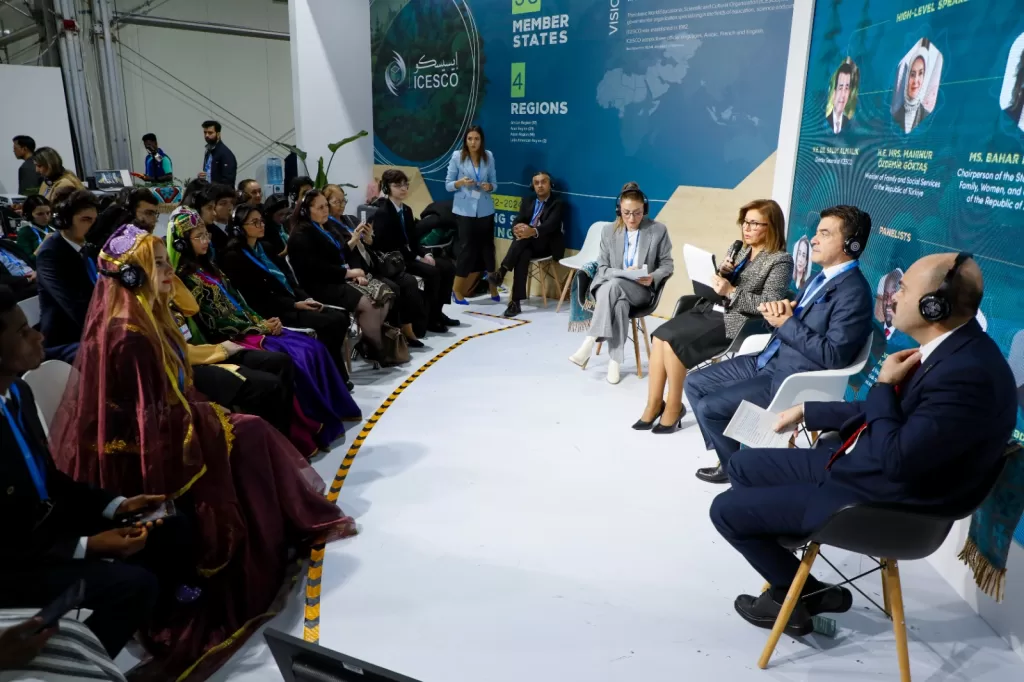
Another high-level session titled “Greening Education: From Policy to Implementation,” moderated by Dr. Haddy Jatou Sey, Head of Education Sector at ICESCO, marked the announcement of the “ICESCO Framework for Greening Education in the Islamic World,” developed in collaboration with the University of Cambridge. The Framework aims to incorporate climate science education, along with the social, economic, and behavioral aspects of climate justice, into educational systems across the Islamic world.
